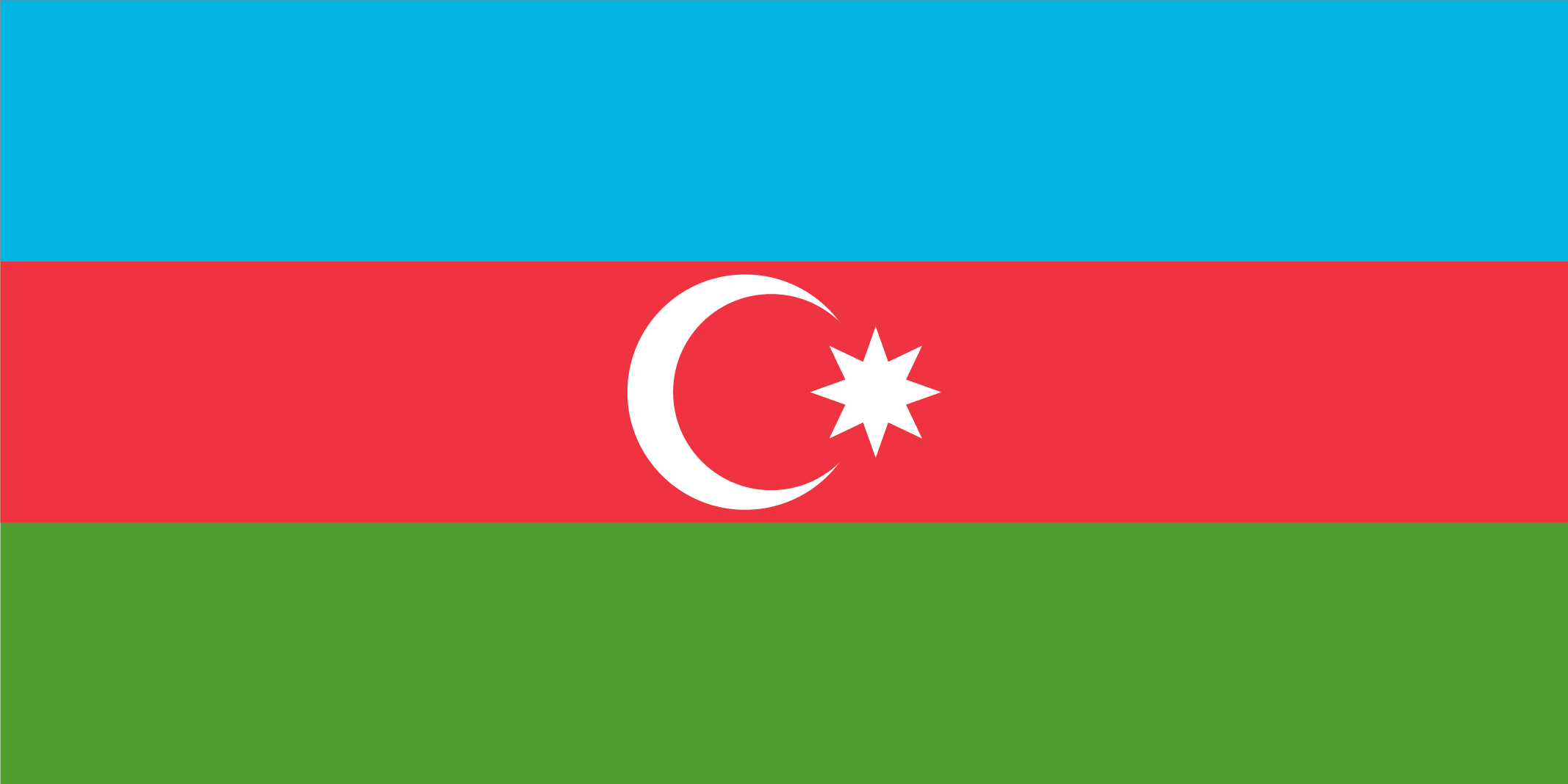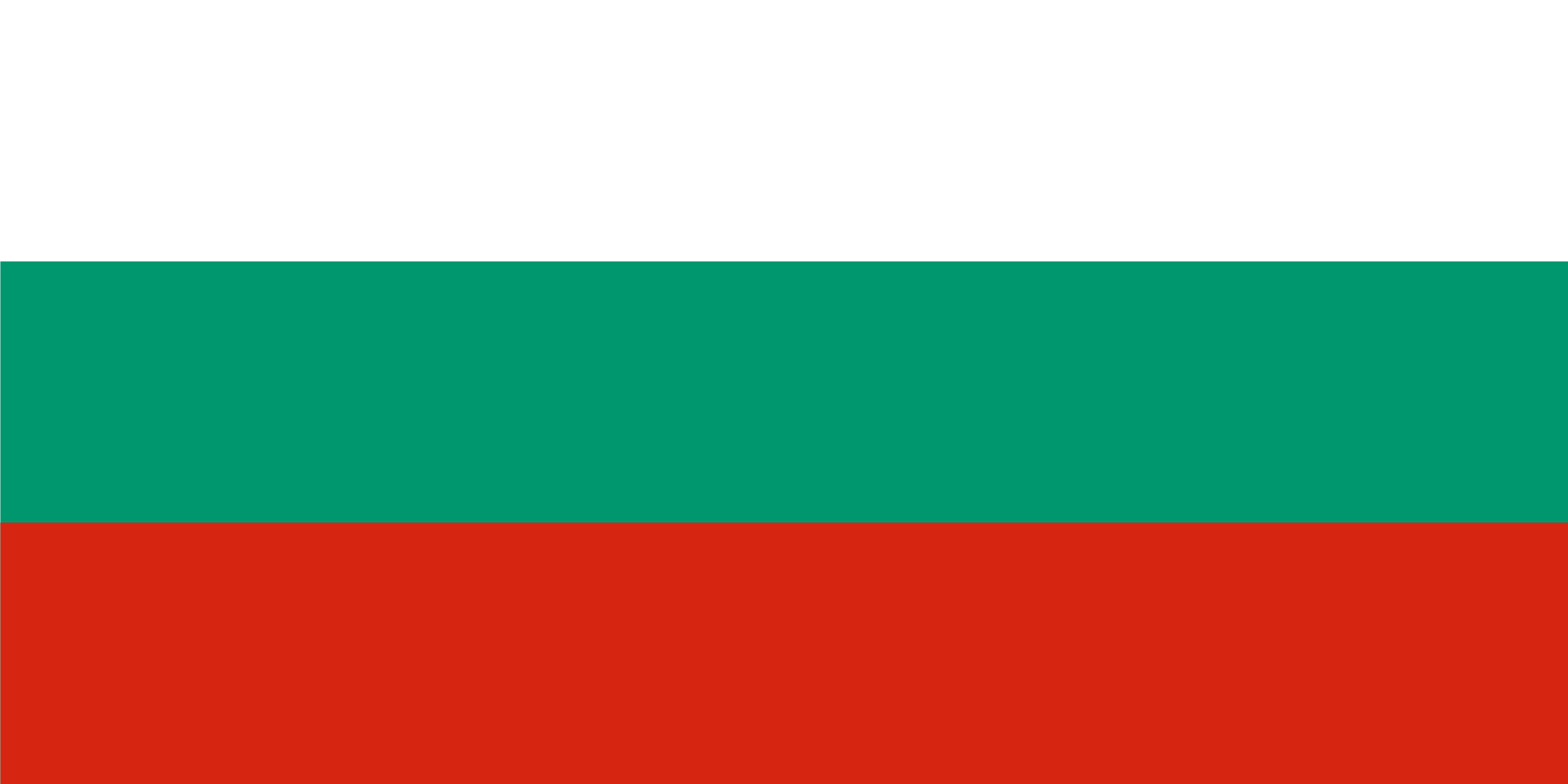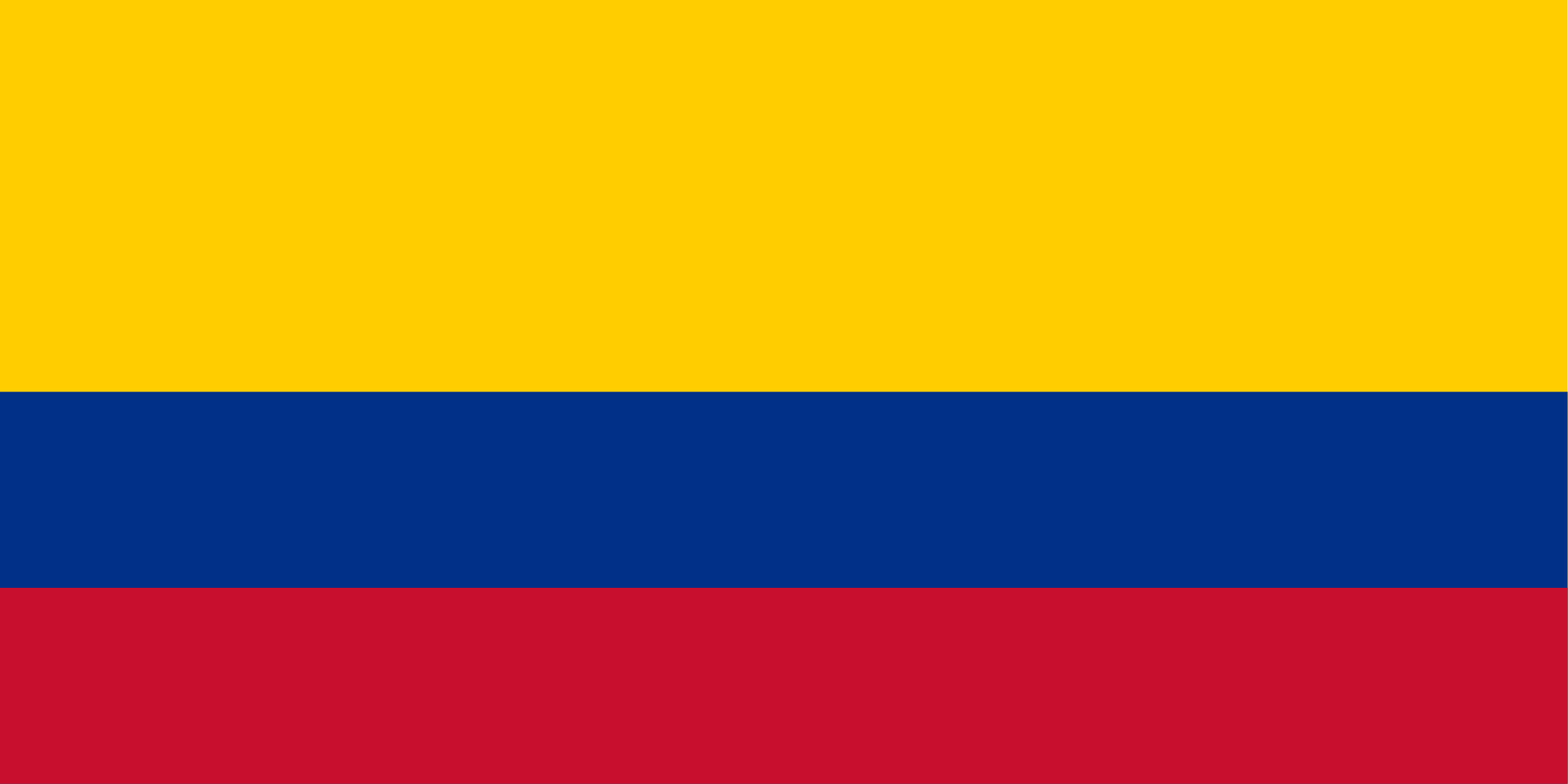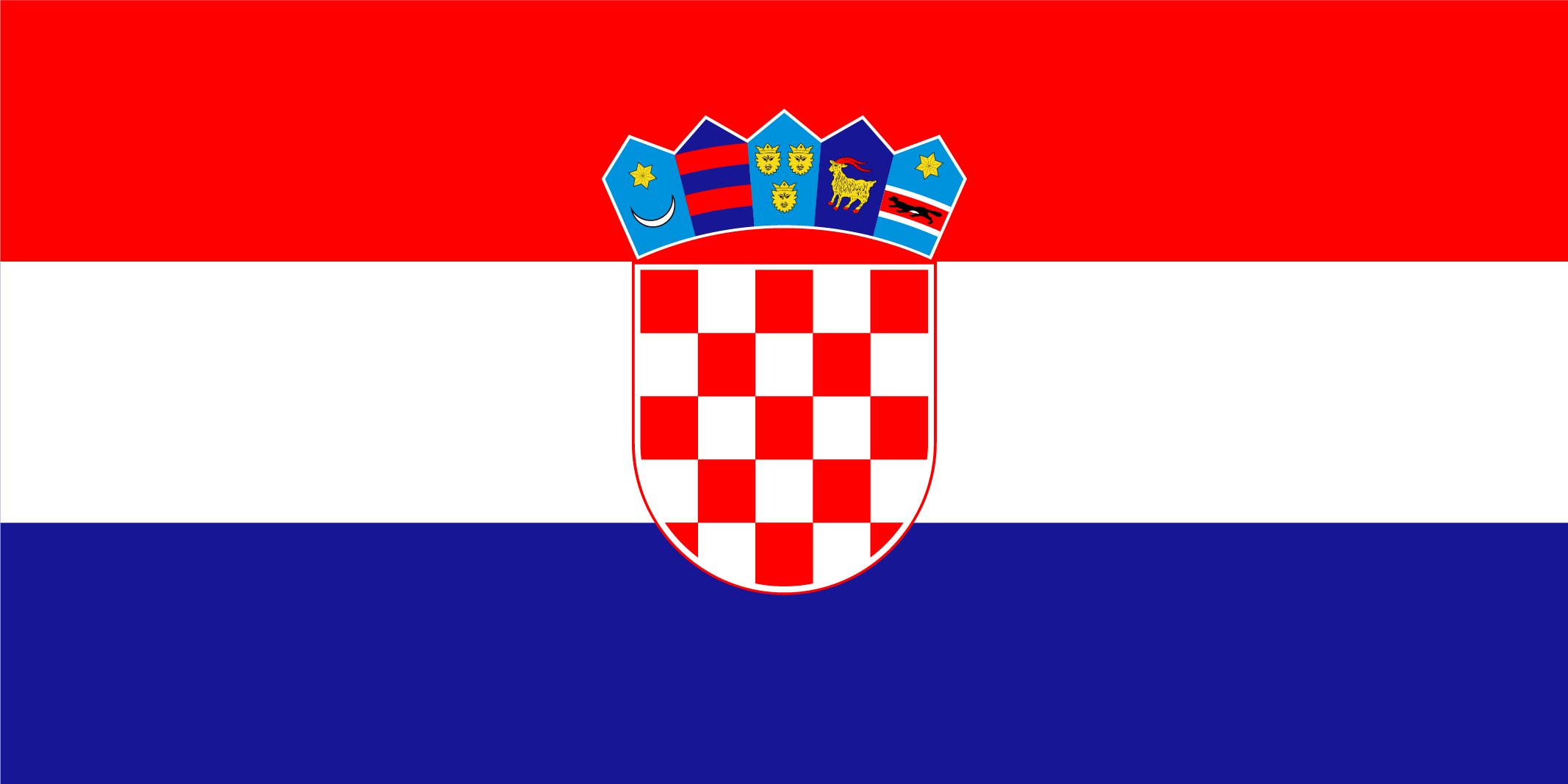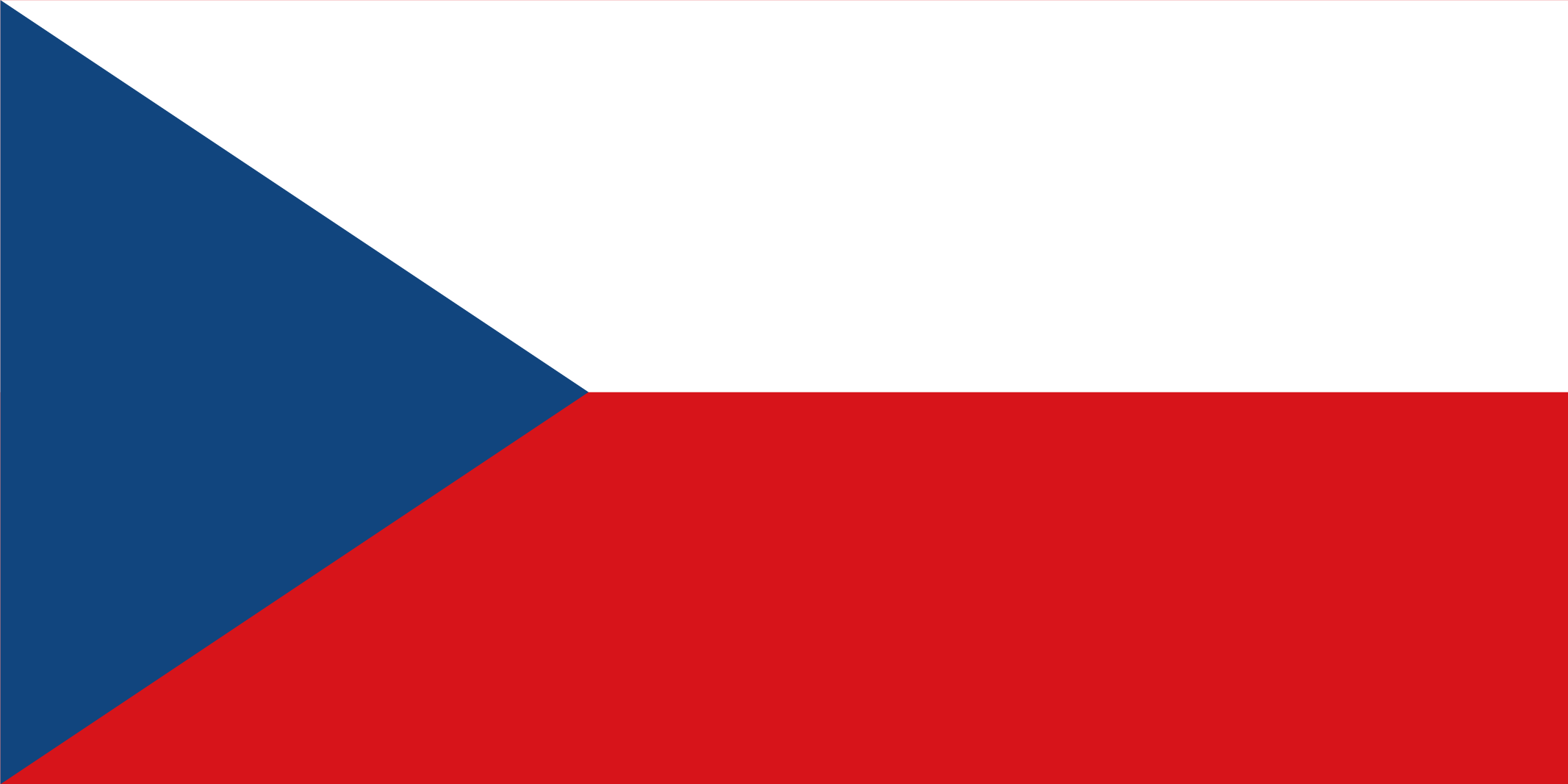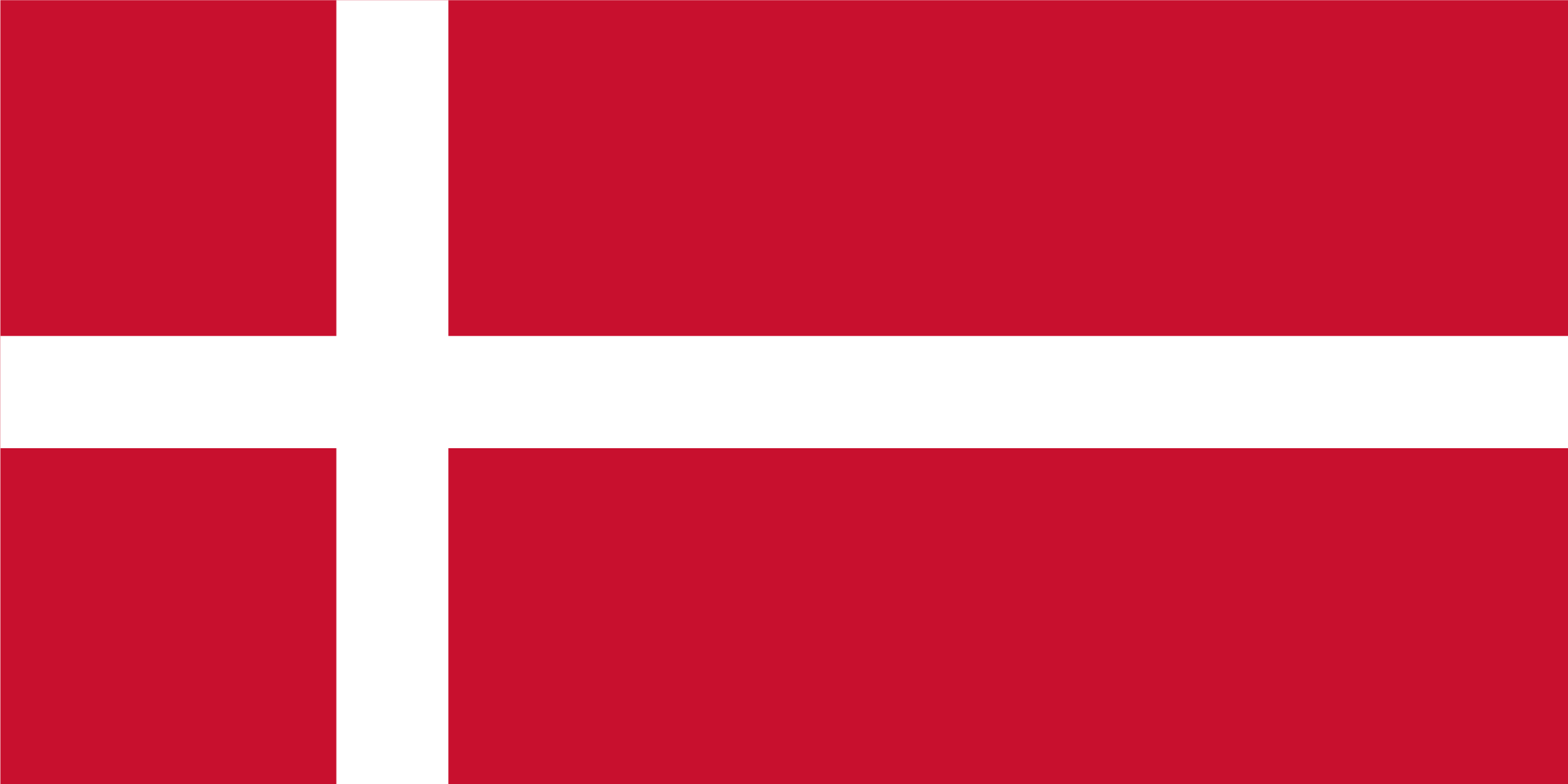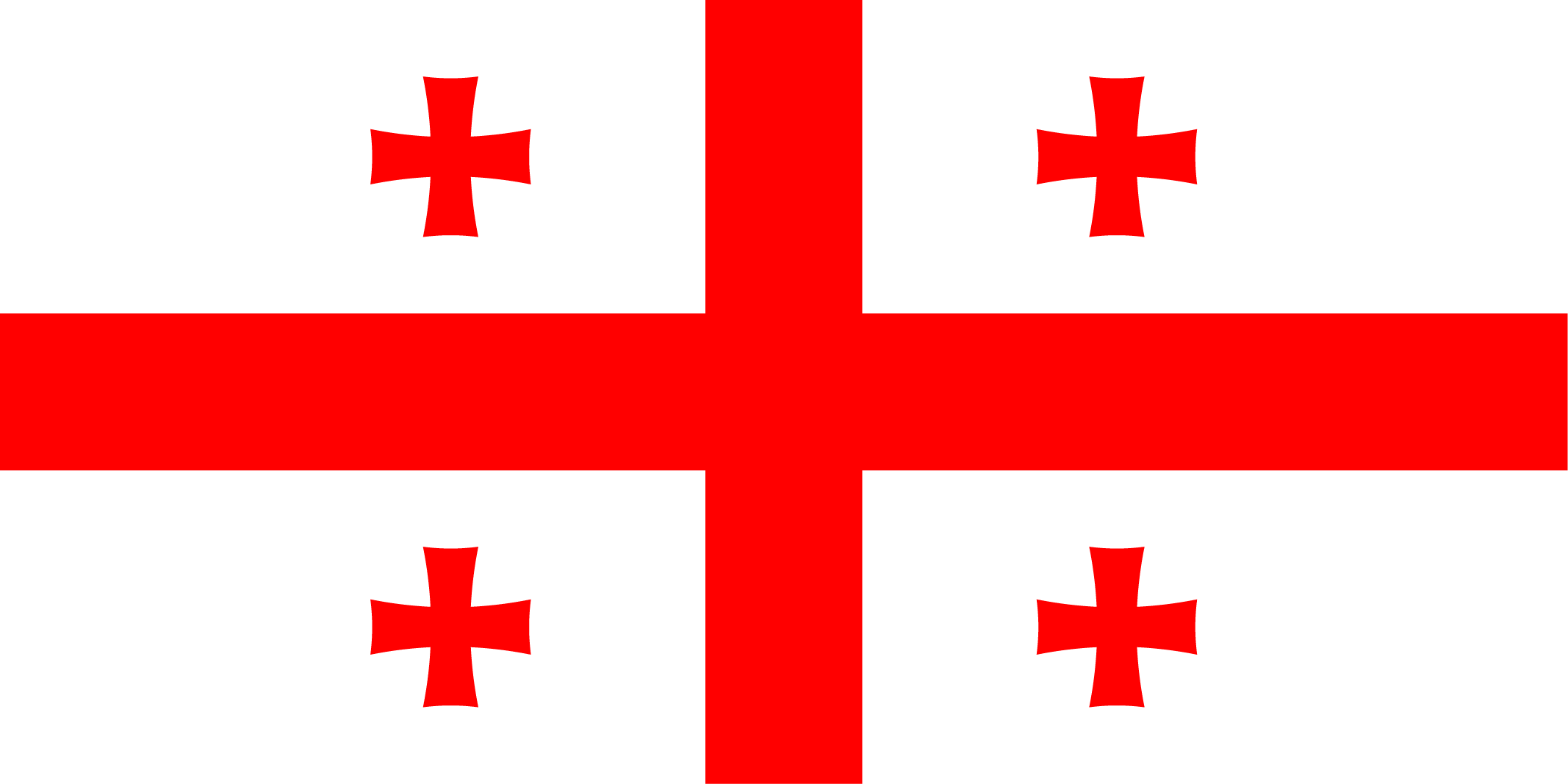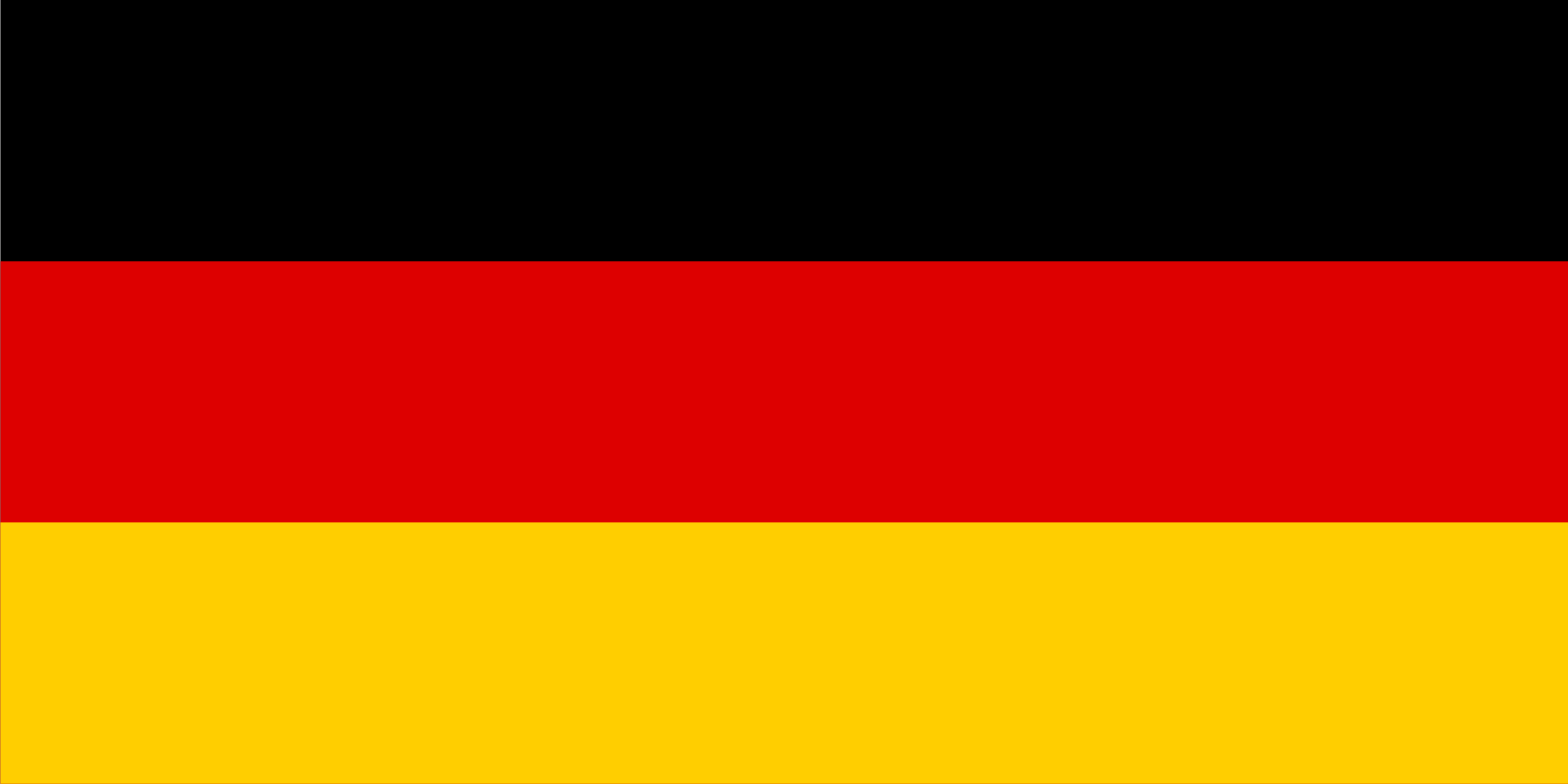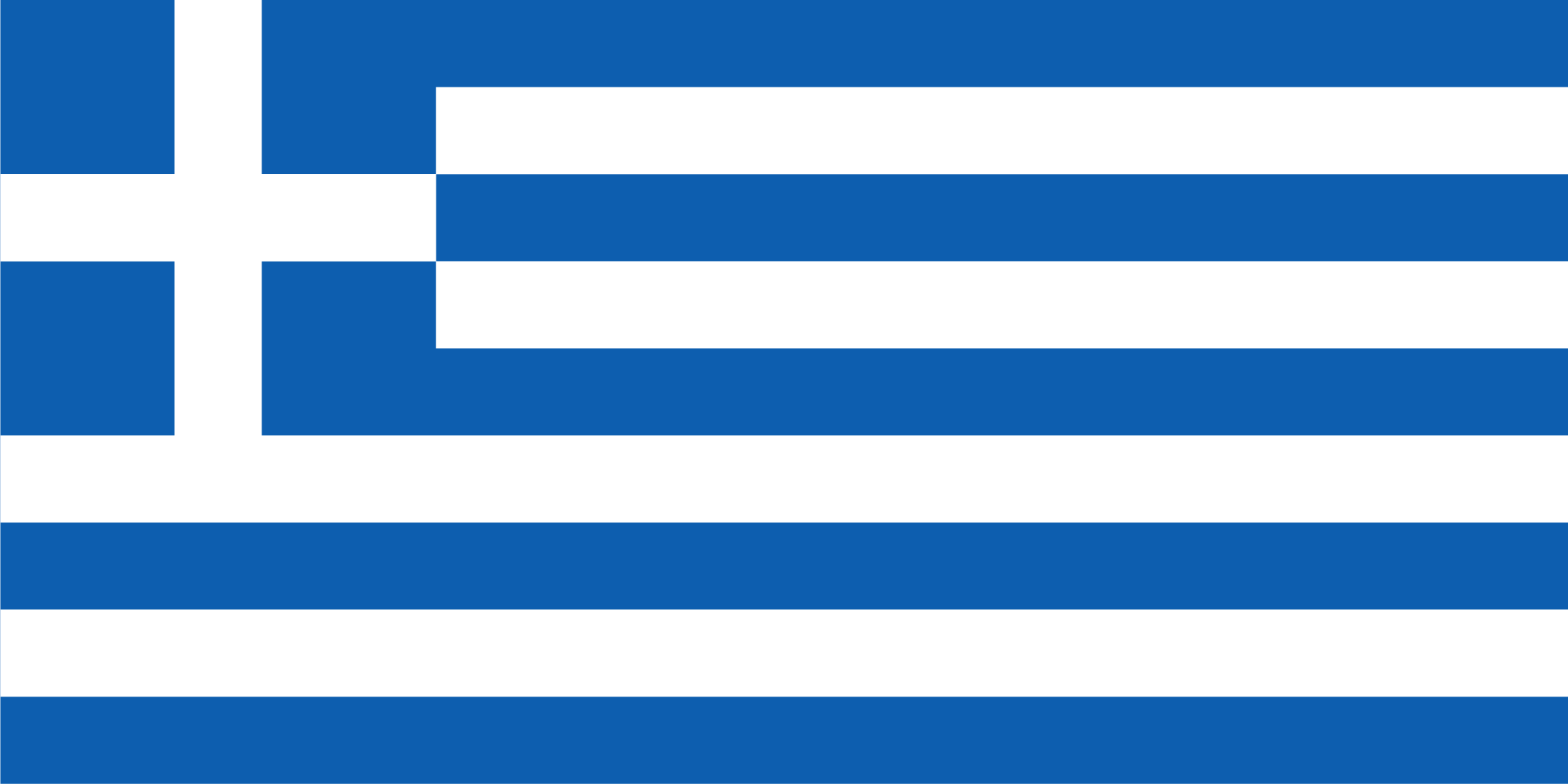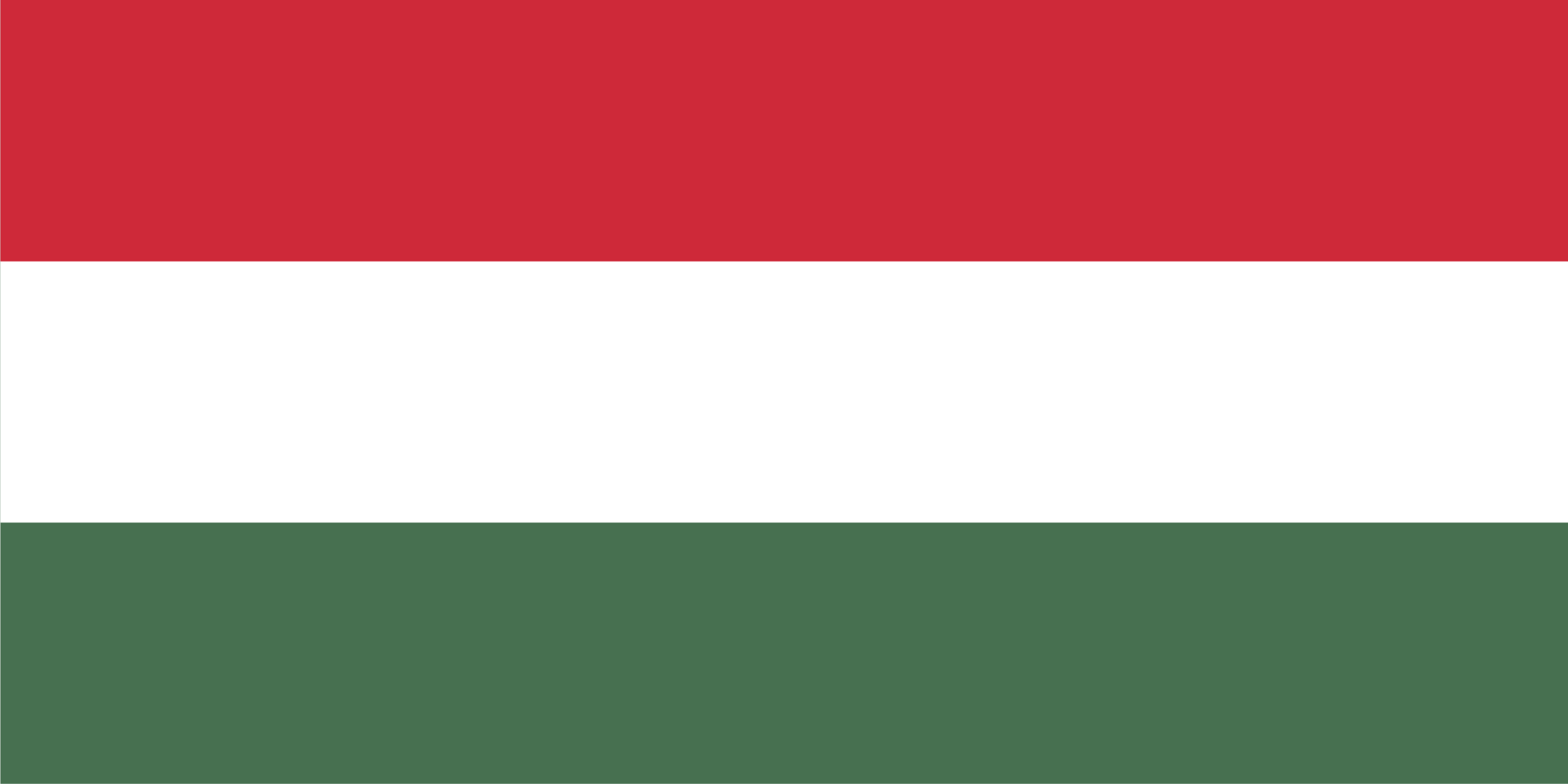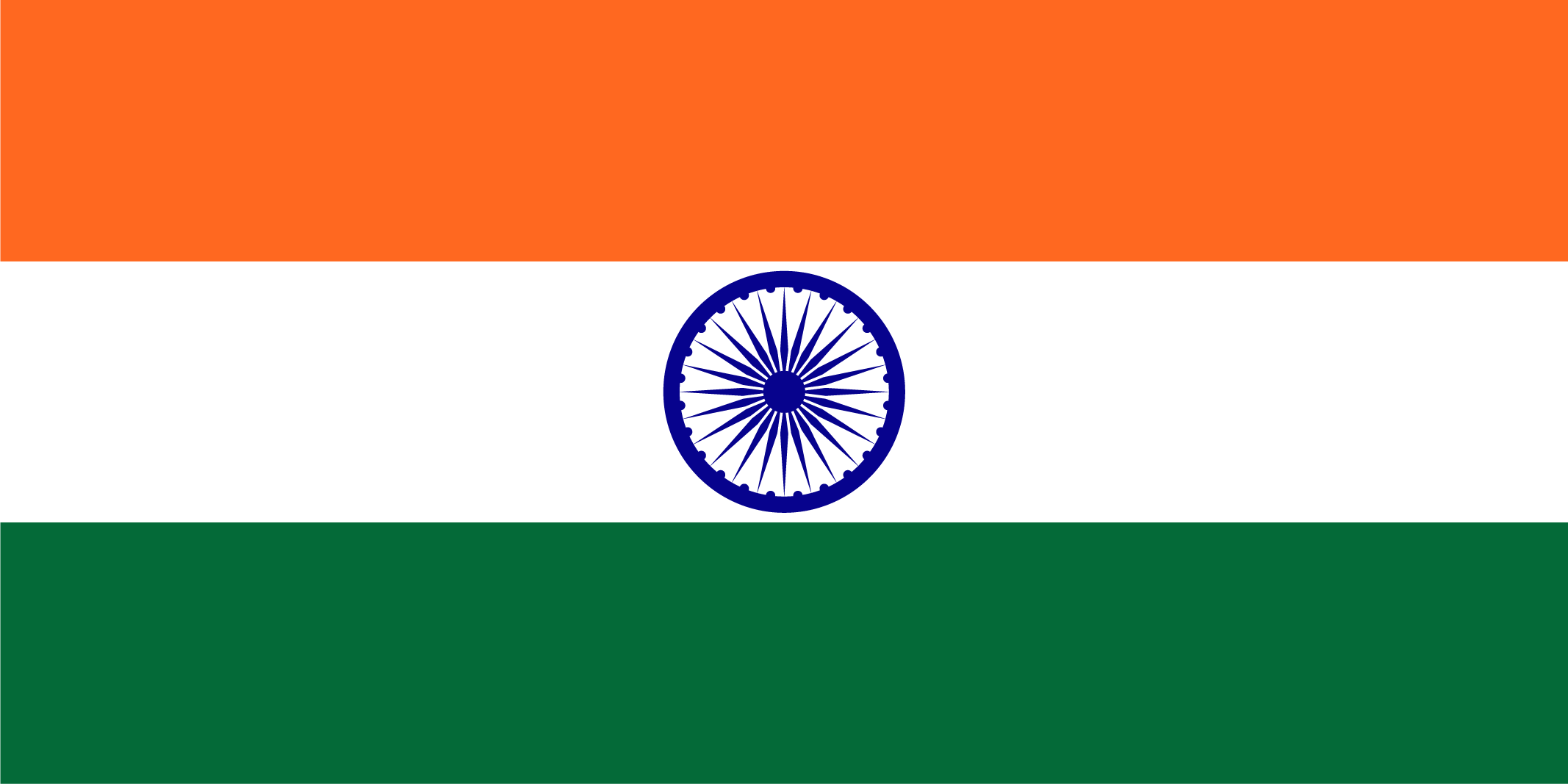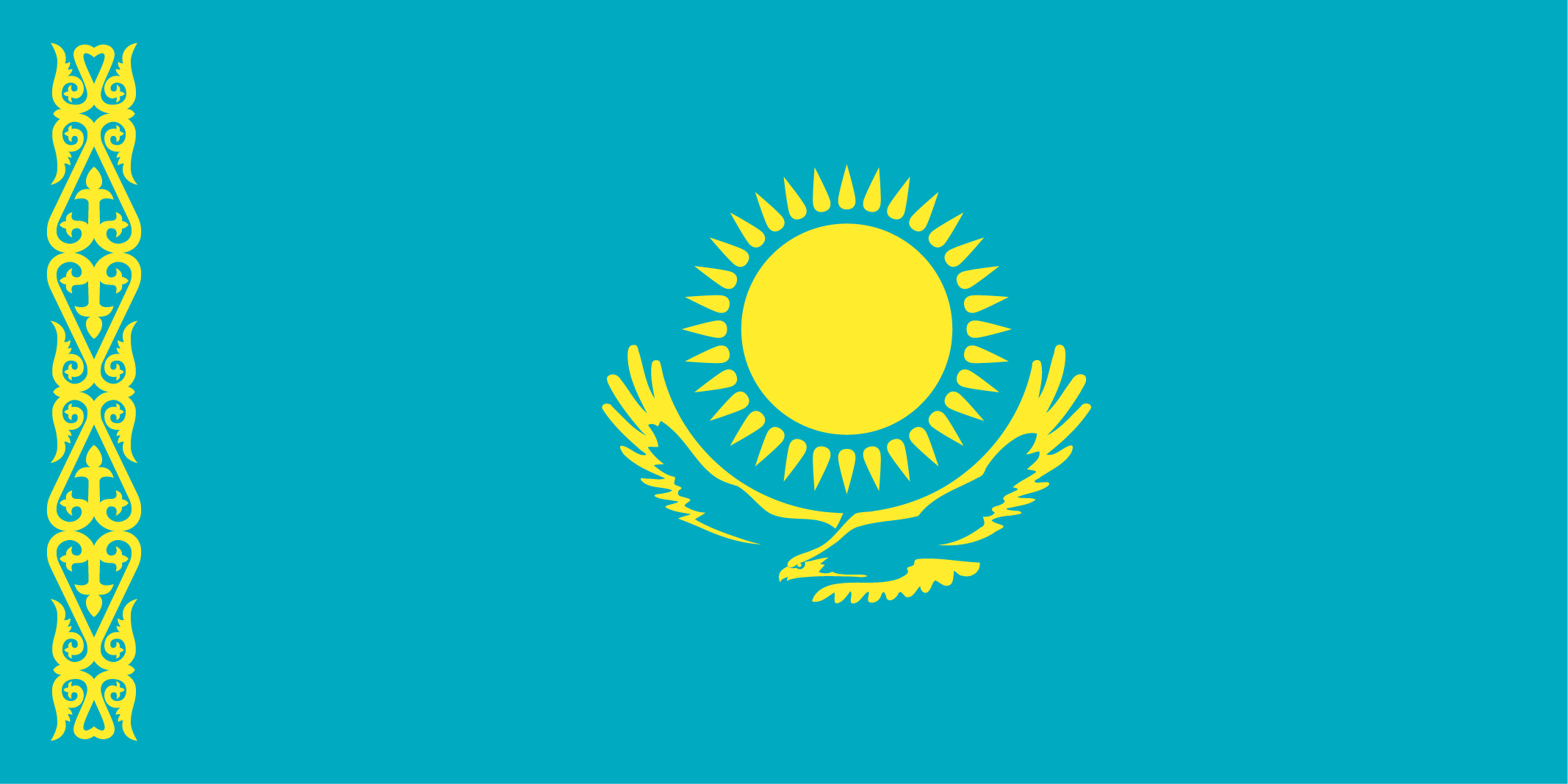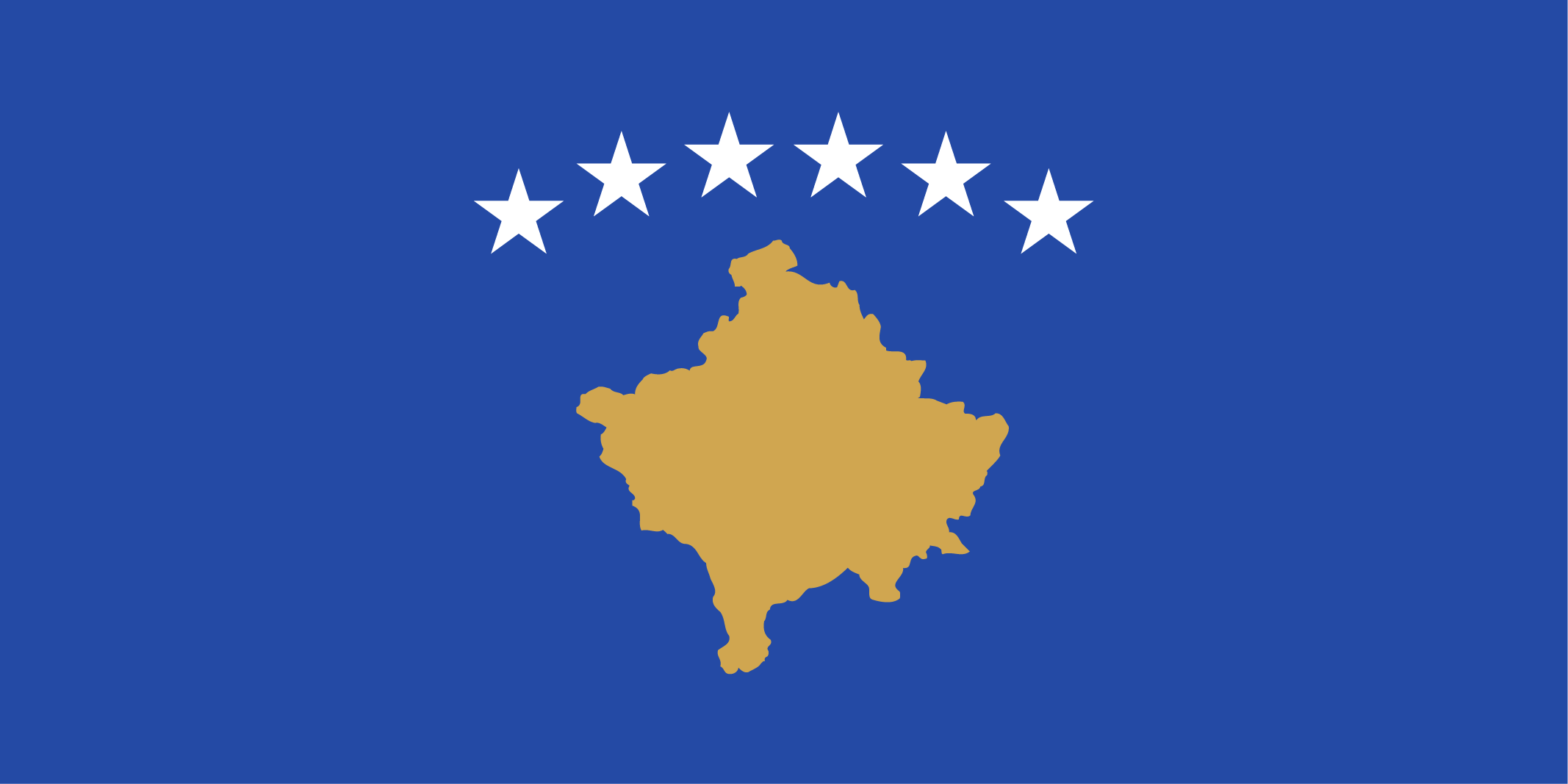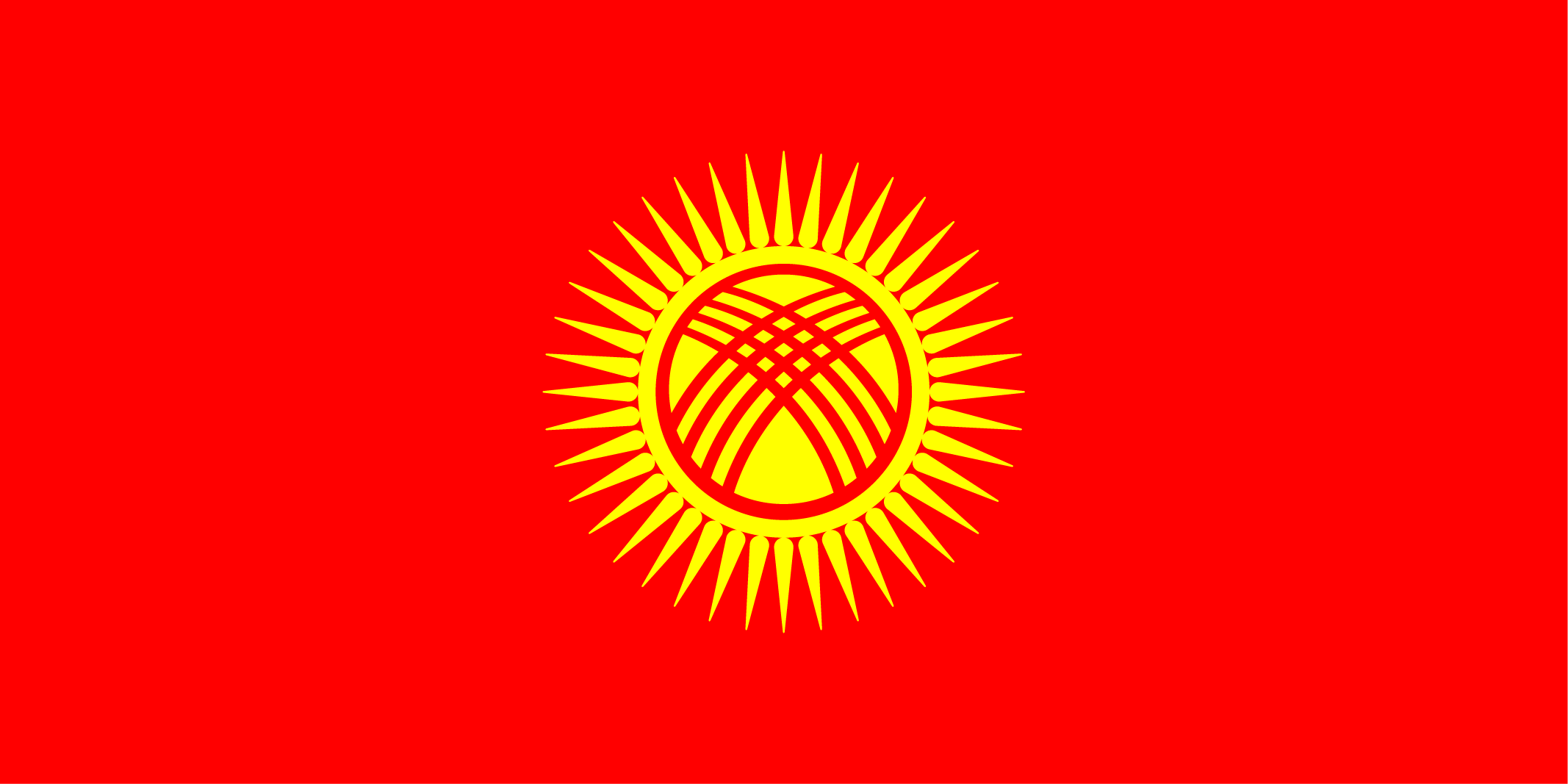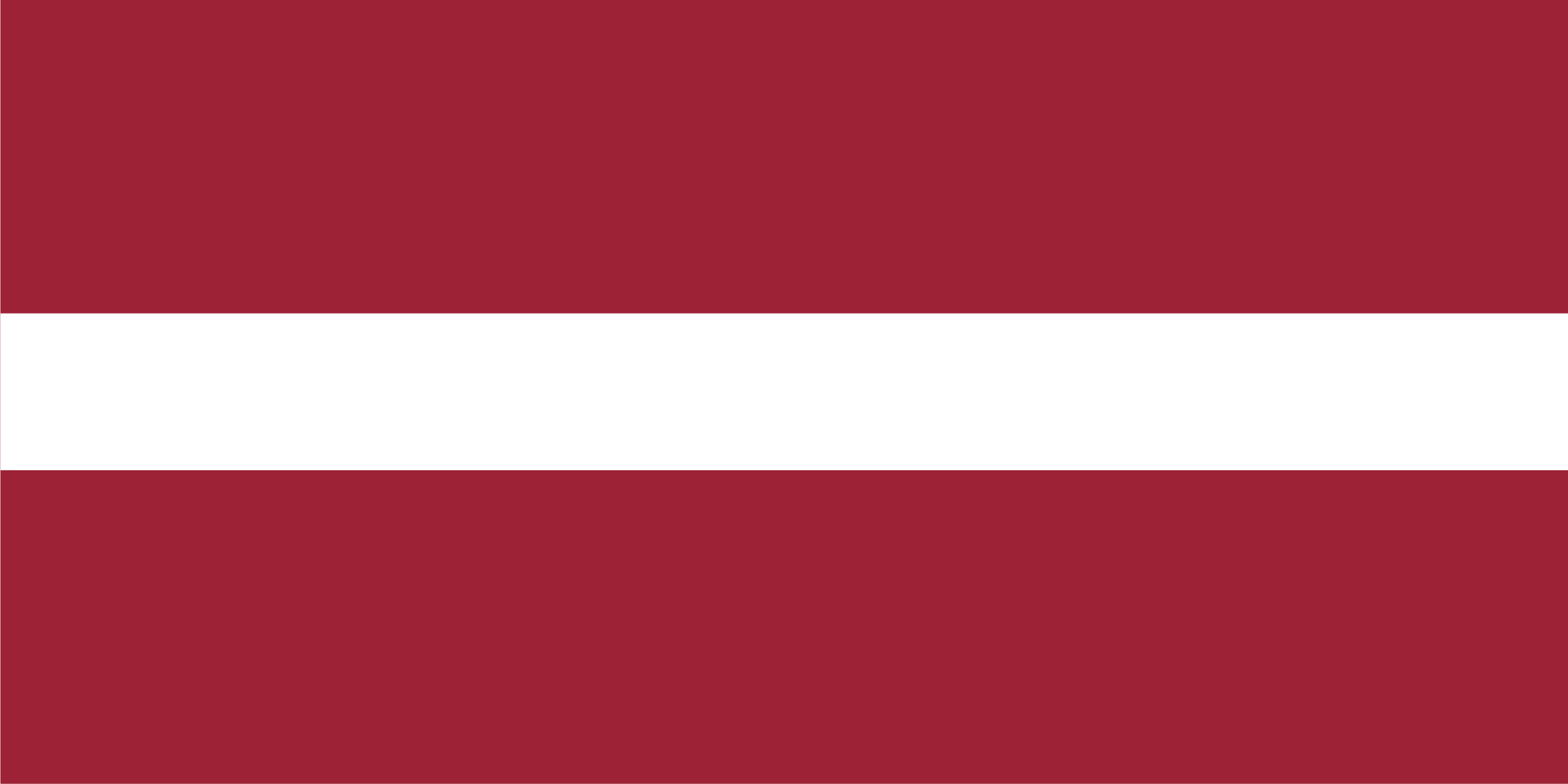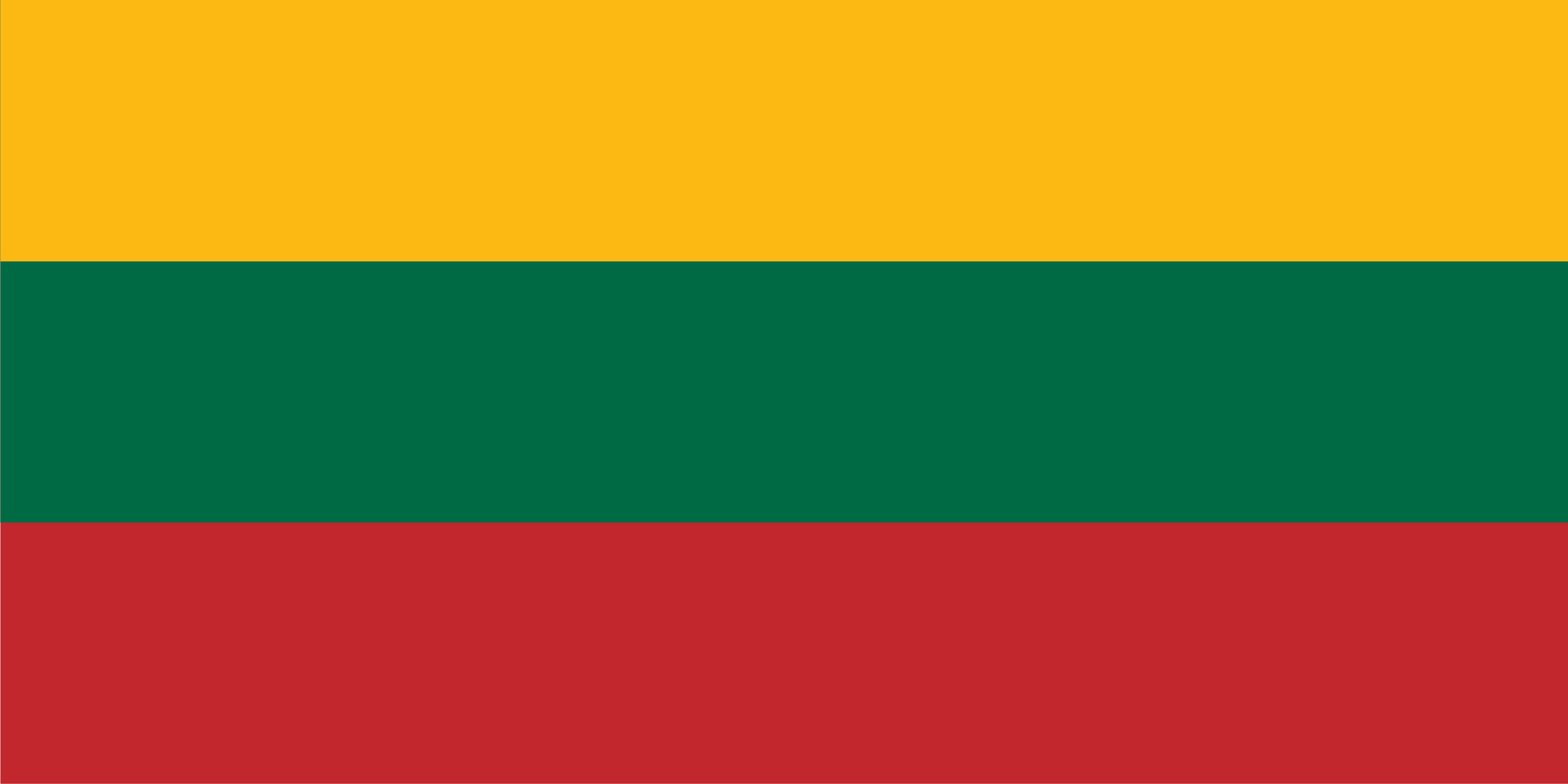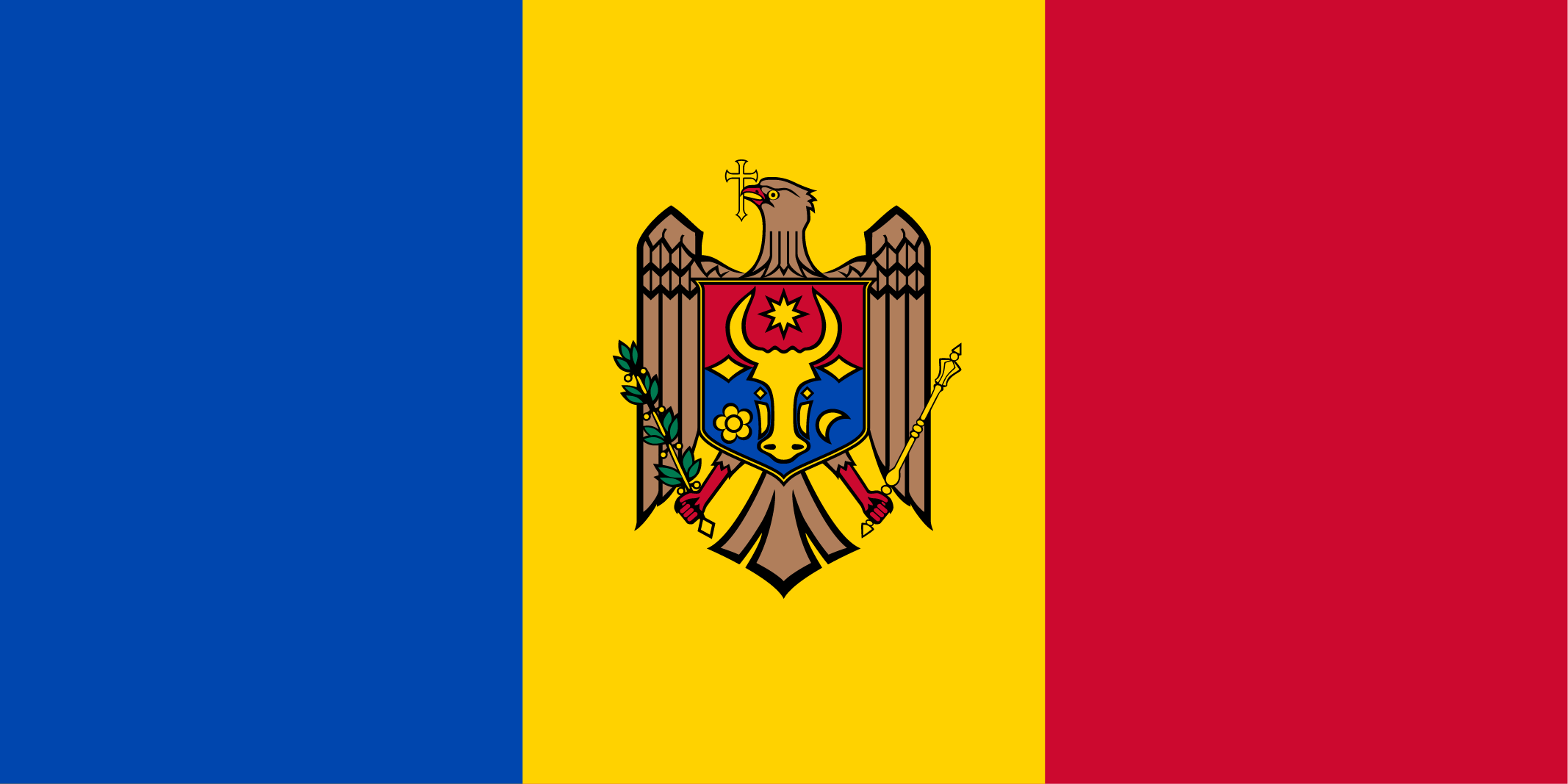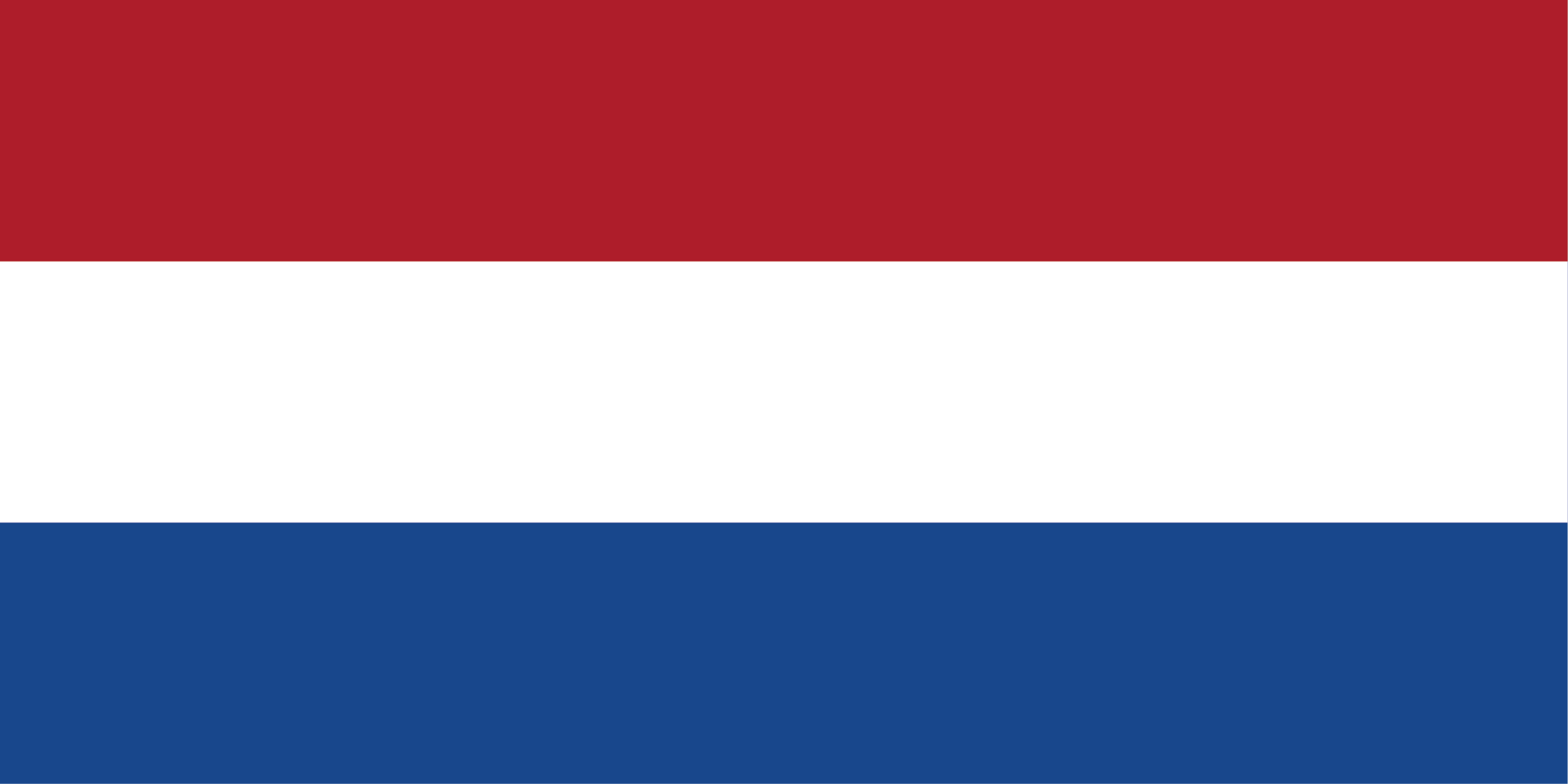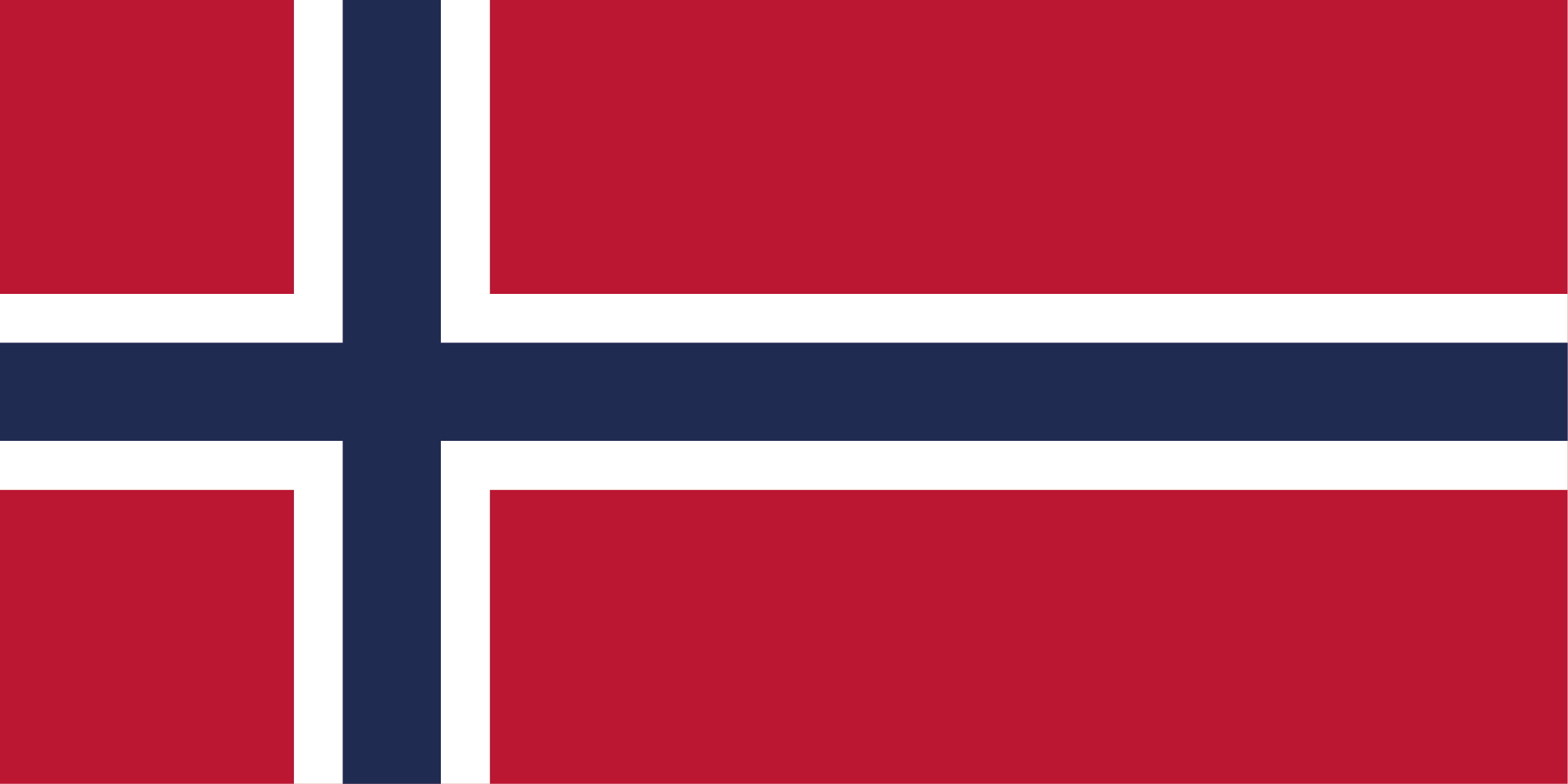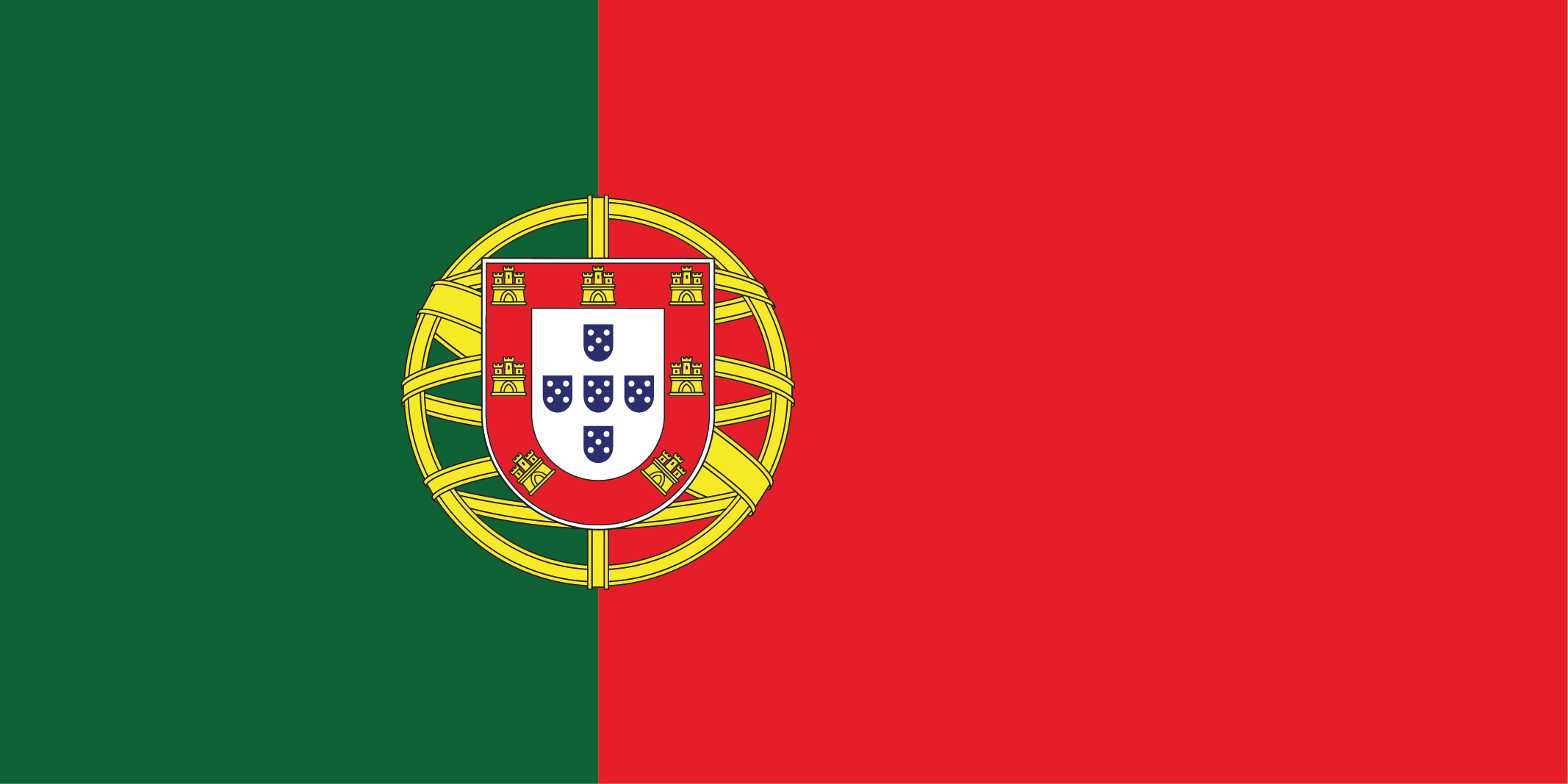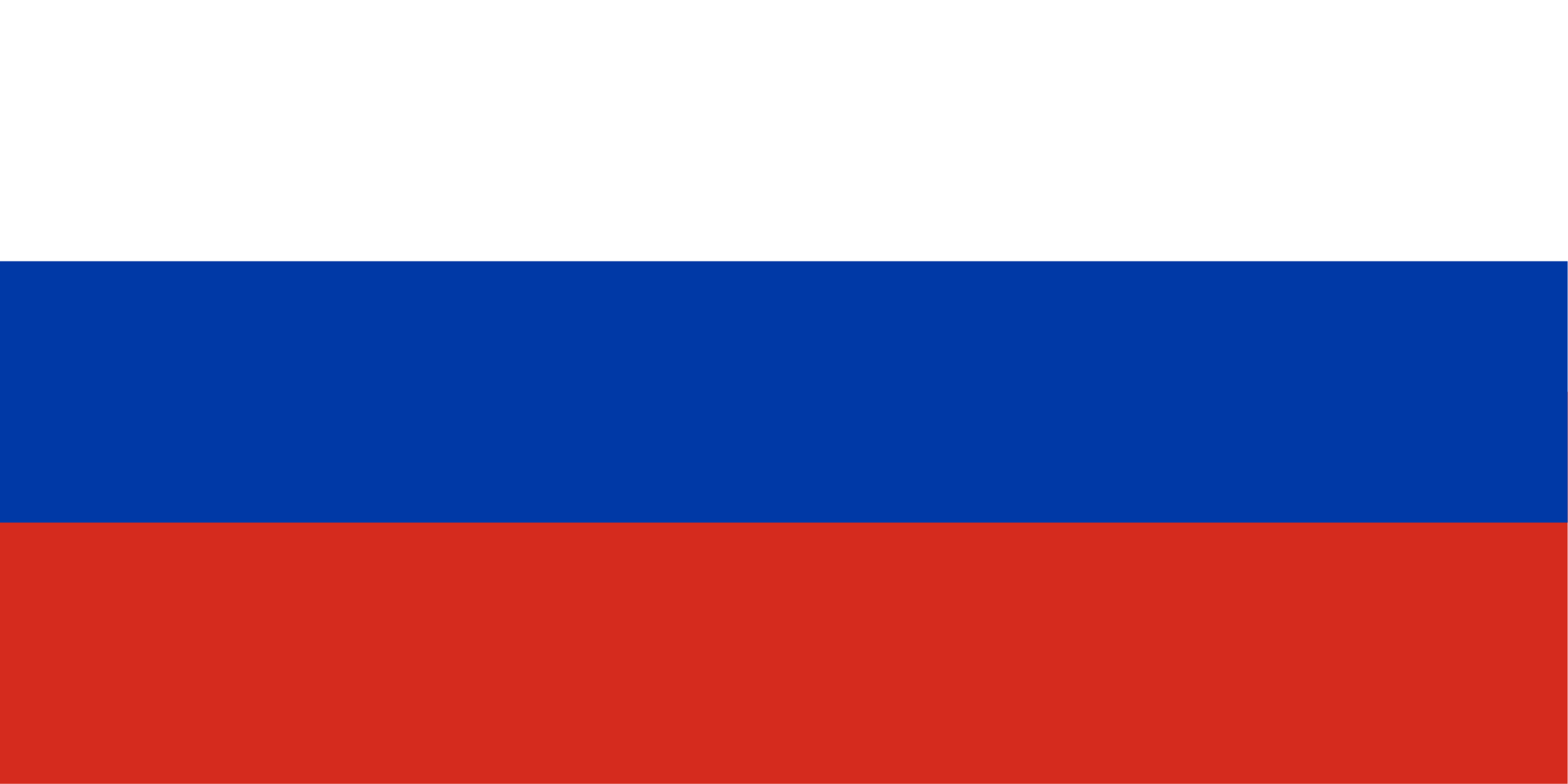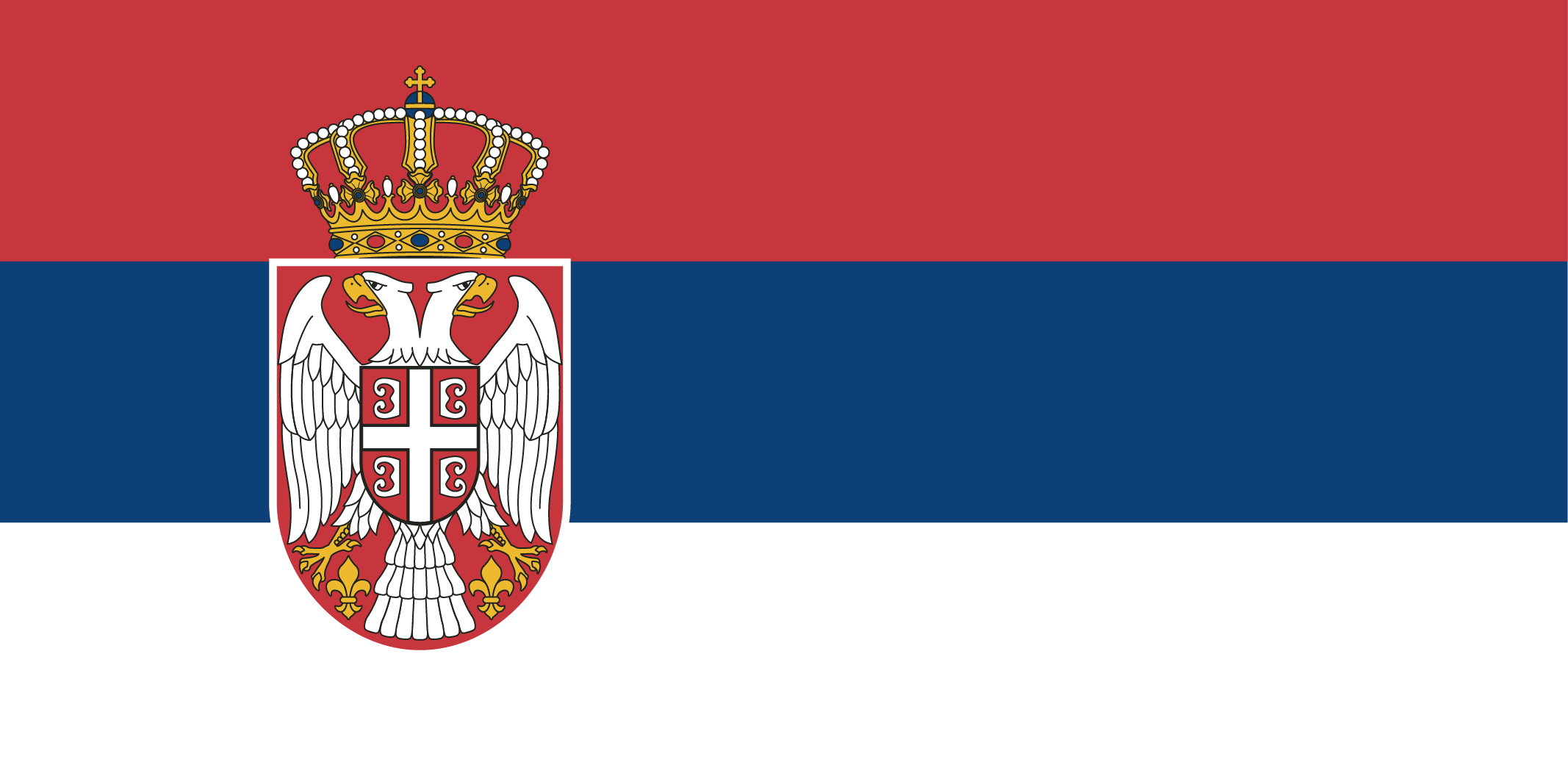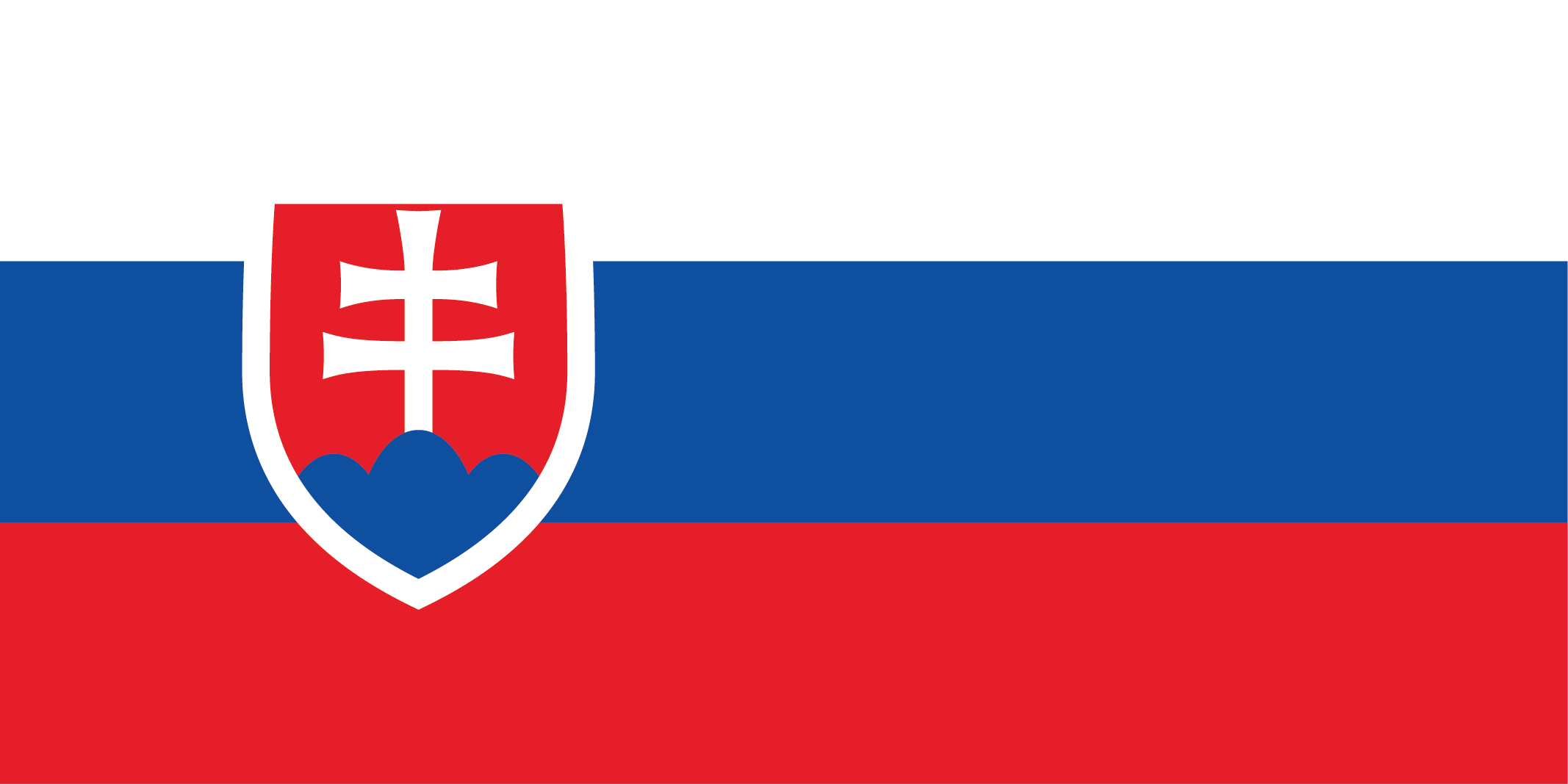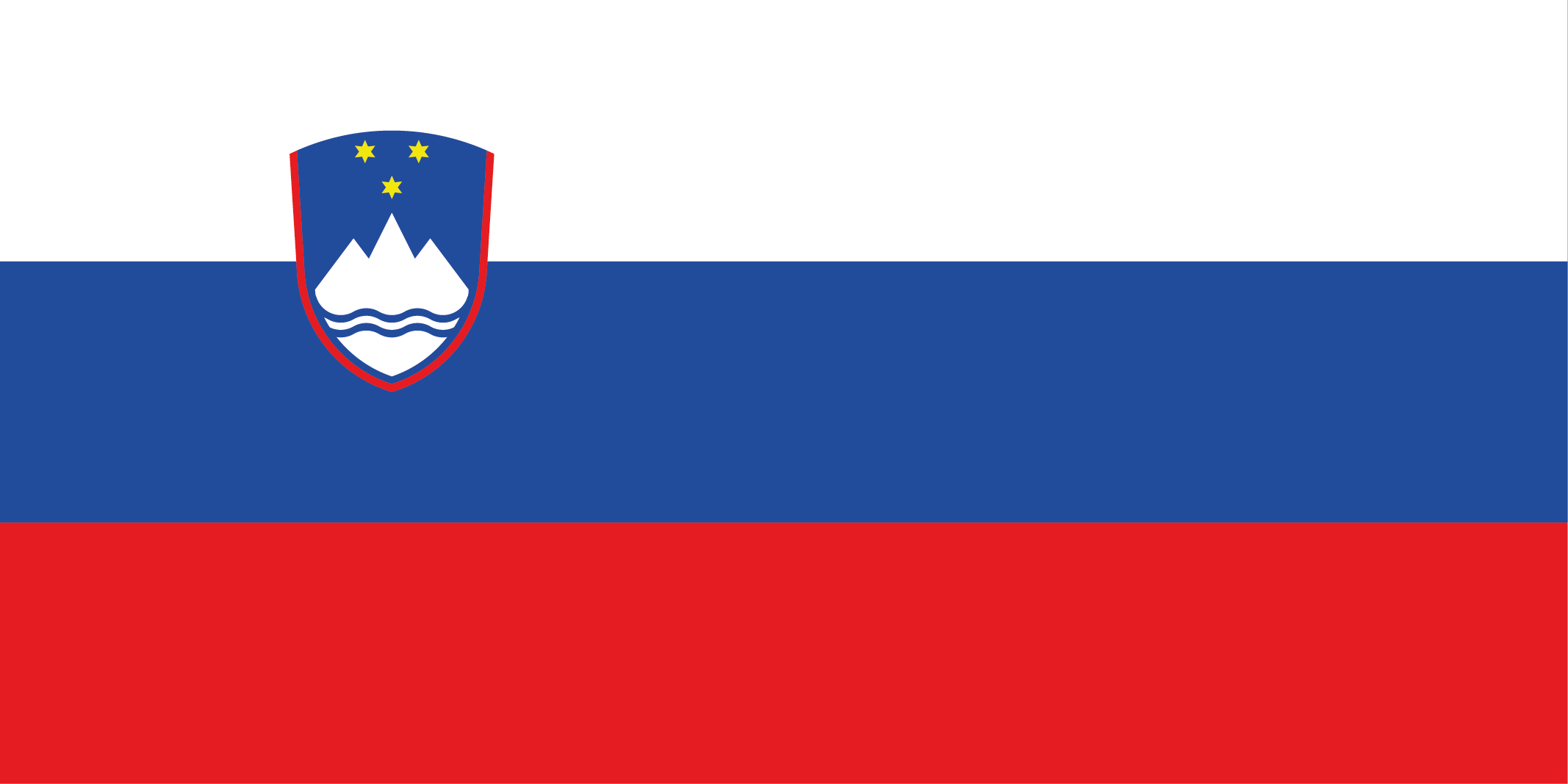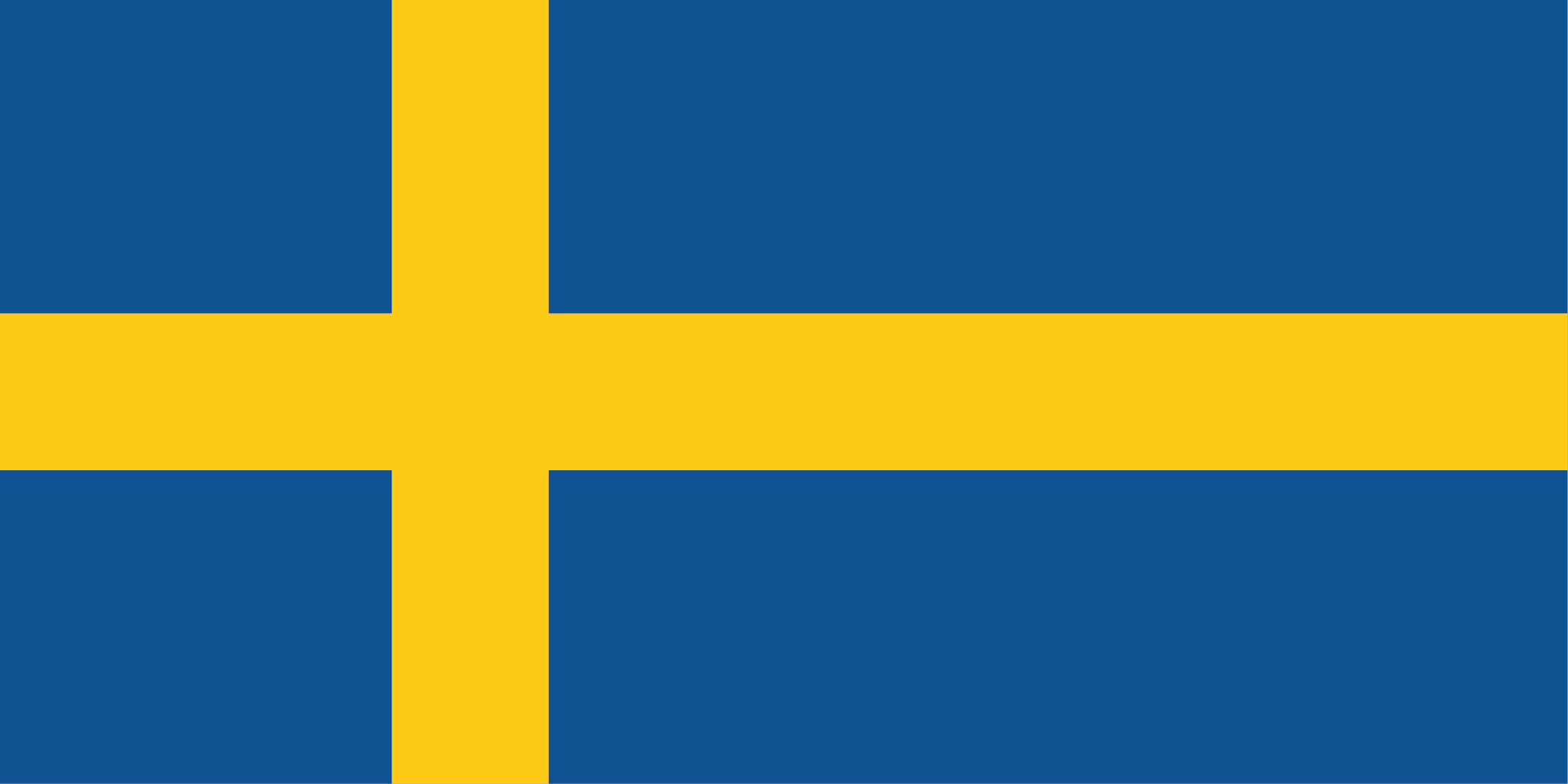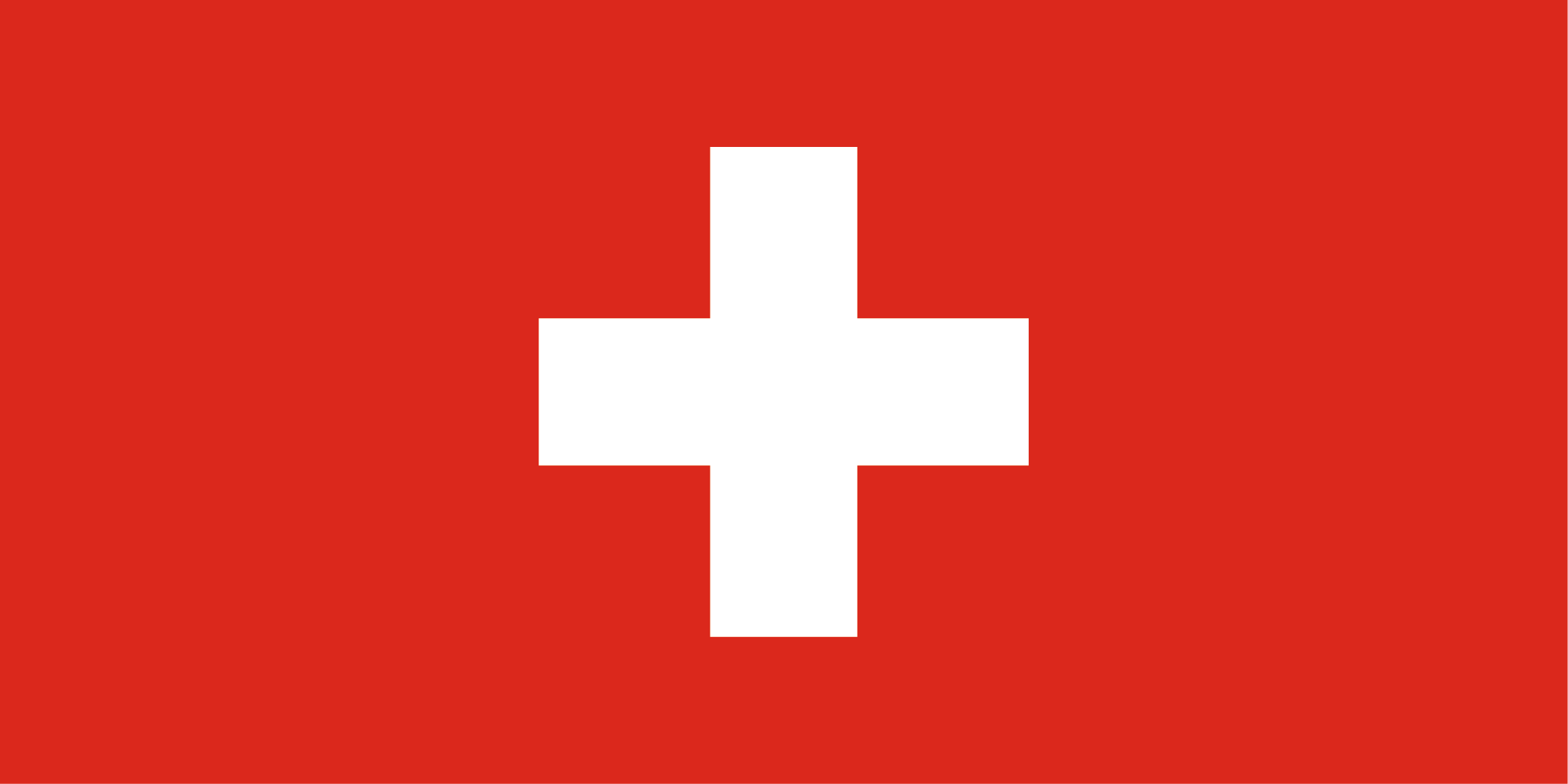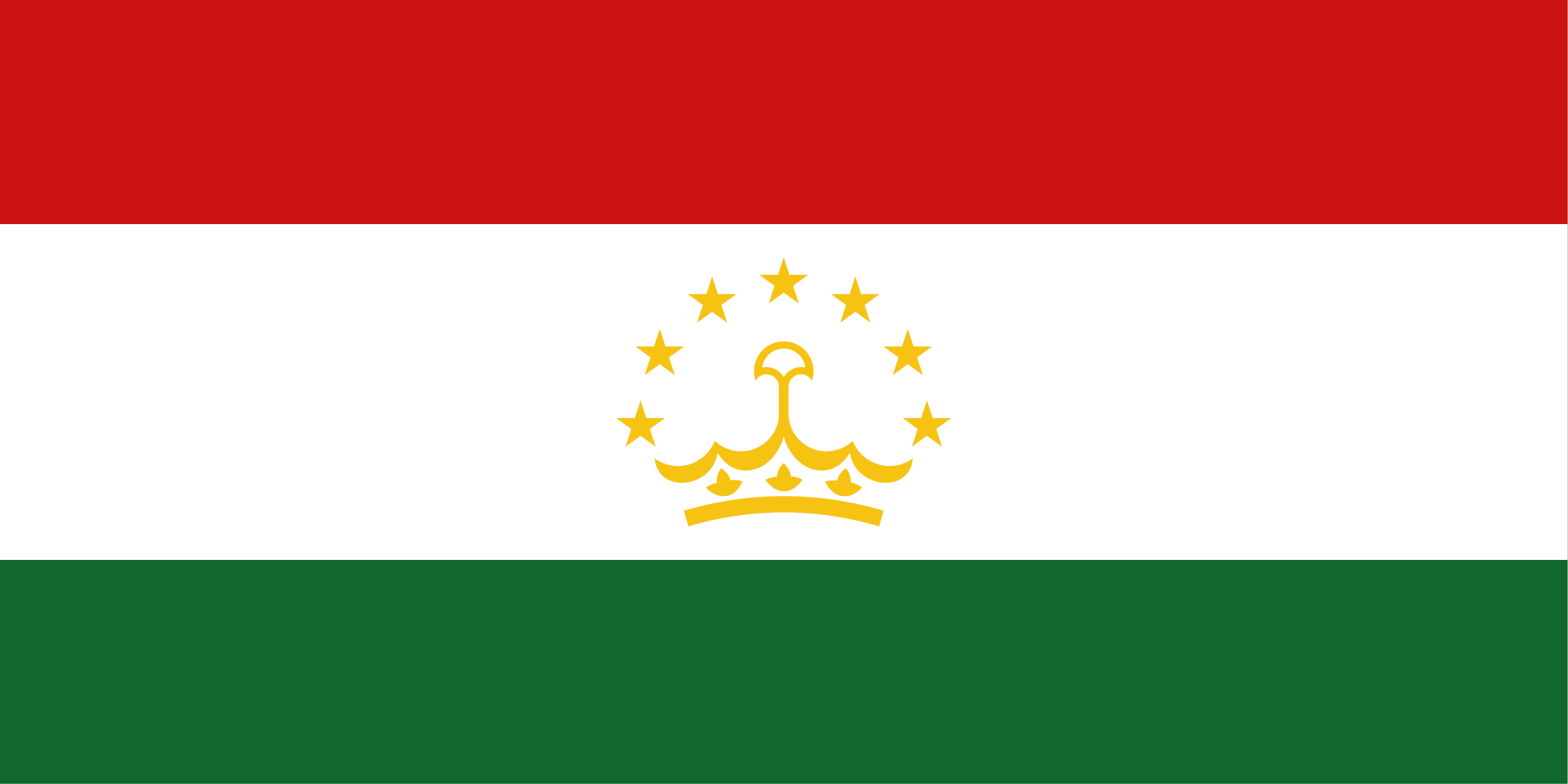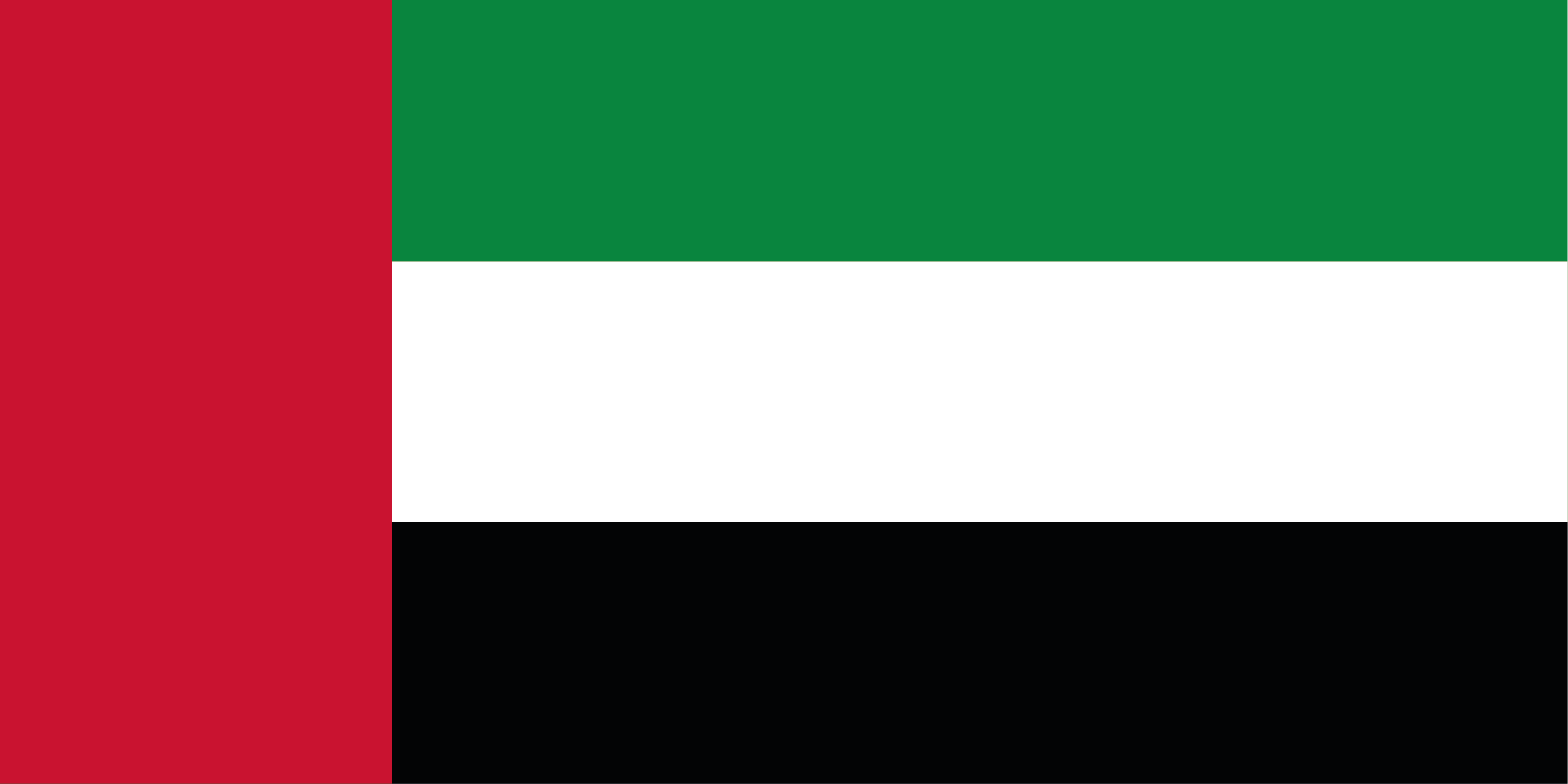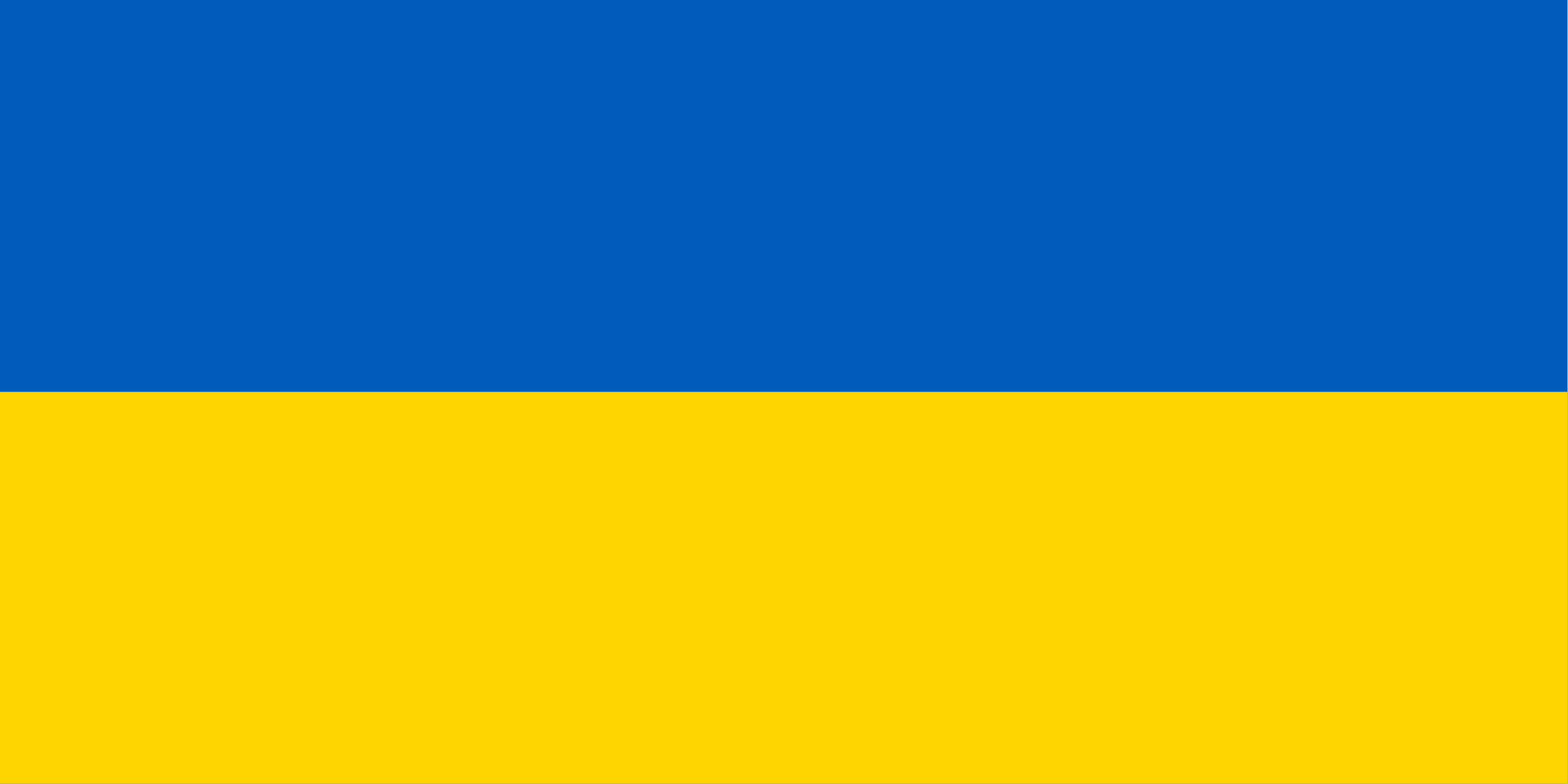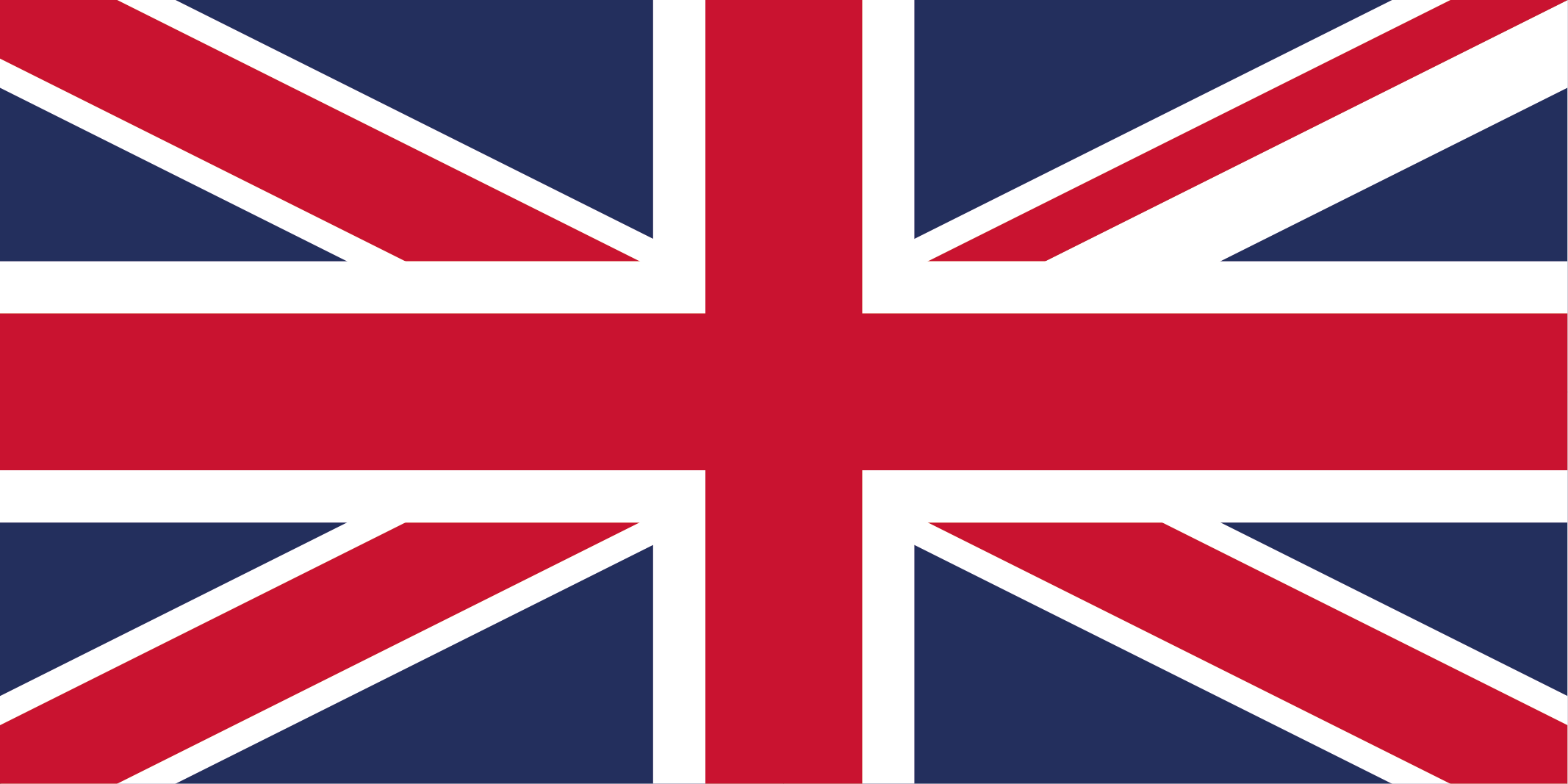Transportation of the Deceased from the Czech Republic
Introduction
When faced with the tragic situation of a loved one passing away abroad, the family experiences not only profound loss but also the necessity of making important decisions quickly. This is particularly true concerning the transportation of the body back home. In such cases, it is critically important to organize the transportation of the deceased from the Czech Republic in a timely manner while adhering to all legal norms and sanitary requirements established for such procedures.
Why Professional Help is Needed
Organizing the transportation of a body independently is not possible under the laws applicable abroad. This process requires knowledge of regulations and experience in handling the necessary documentation. Funeral companies that provide such services possess all the required permits and licenses. They take care of logistics, securing permits, translating documents, and fully coordinating the transportation.
What Documents are Needed
The international transportation of a deceased person’s body from another country requires a specific list of documents. These include: an official death certificate, a medical certificate confirming the absence of infectious diseases, permission from consular authorities, a certificate of embalming, and a document confirming the sealing of the coffin. All these documents must be translated and notarized for recognition in the destination country.
Procedure for Body Transportation
Preparation of the Body
One of the mandatory stages is embalming. This is a medical procedure, but also a requirement ensuring safety during international transport. Next, the body undergoes sanitary treatment, is washed and dressed, after which the coffin is sealed in accordance with sanitary requirements. The coffin is prepared for transport according to international standards.
Transportation Process
The body can be delivered either by ground funeral transport or by air transport. In each case, the transportation of the deceased is accompanied by a set of documents, including permits from sanitary and customs authorities. Specialized airtight containers are used to ensure the preservation of the remains during extended transportation across borders.
Arrival and Transfer of the Body
Upon arrival, the coffin is delivered to the burial site or to a morgue. A farewell ceremony can be organized either before or after the transportation. The family receives a complete set of documents and a report on each stage of the transportation. The service is provided at a high level, taking into account all the requirements and wishes of the deceased's family.
Alternative: Transportation of an Ashes Urn
If cremation took place on-site, companies handle the delivery of the urn with ashes. In this option, different types of permits and documents are required. This type of transportation also requires preparation, including proper documentation and coordination with consular services. In the case of urn transportation, the process often proceeds more quickly, however, strict adherence to rules and standards for international transportation is necessary.
Timeframes
The duration of the transportation of the deceased's body can vary from two to seven days. Timeframes are influenced by factors such as the distance of the city where the death occurred, the complexity of obtaining all the necessary permits, as well as weather and transportation conditions. Additionally, delays can occur during forensic examinations. Professional companies do everything possible to minimize time and eliminate delays.
Additional Services
In addition to the main service of body transportation, funeral companies offer a wide range of additional options. Among them: preparation of the body for burial, arranging the coffin and other accessories, organizing the gathering of relatives, and transporting participants in the farewell ceremony. It is also important that arrangements can be made remotely—via power of attorney—without the relatives' personal presence in the country where the death occurred.
If There Was an Insurance Policy
If there is an insurance policy that includes repatriation, the costs of transporting the body may be covered by the insurance company. To this end, it is necessary to provide the policy, documents confirming the death, and consent from relatives for the procedures to be carried out. Such support significantly simplifies the process, reduces the emotional and financial burden on the family, and allows for the organization of transportation at a high level.
How to Order the Service
The service arrangement begins with a consultation during which all necessary information is gathered. After agreeing on the details, the specialists from the funeral bureau prepare the power of attorney, carry out all stages of body preparation, obtain the required certificates and documents, and then organize the transportation. The family is informed at each step and receives comprehensive reports on the actions taken.
Conclusion
Transporting the deceased from abroad is a responsible task that requires knowledge, experience, and respectful treatment of the deceased. Professionalism, precision, and attention to detail allow the procedure to be conducted dignifiedly and in strict compliance with international norms. Entrusting such a task to a reliable funeral service relieves the family of the need to deal with complex bureaucratic issues at a time of loss and guarantees respect for the memory of the individual.






